2025
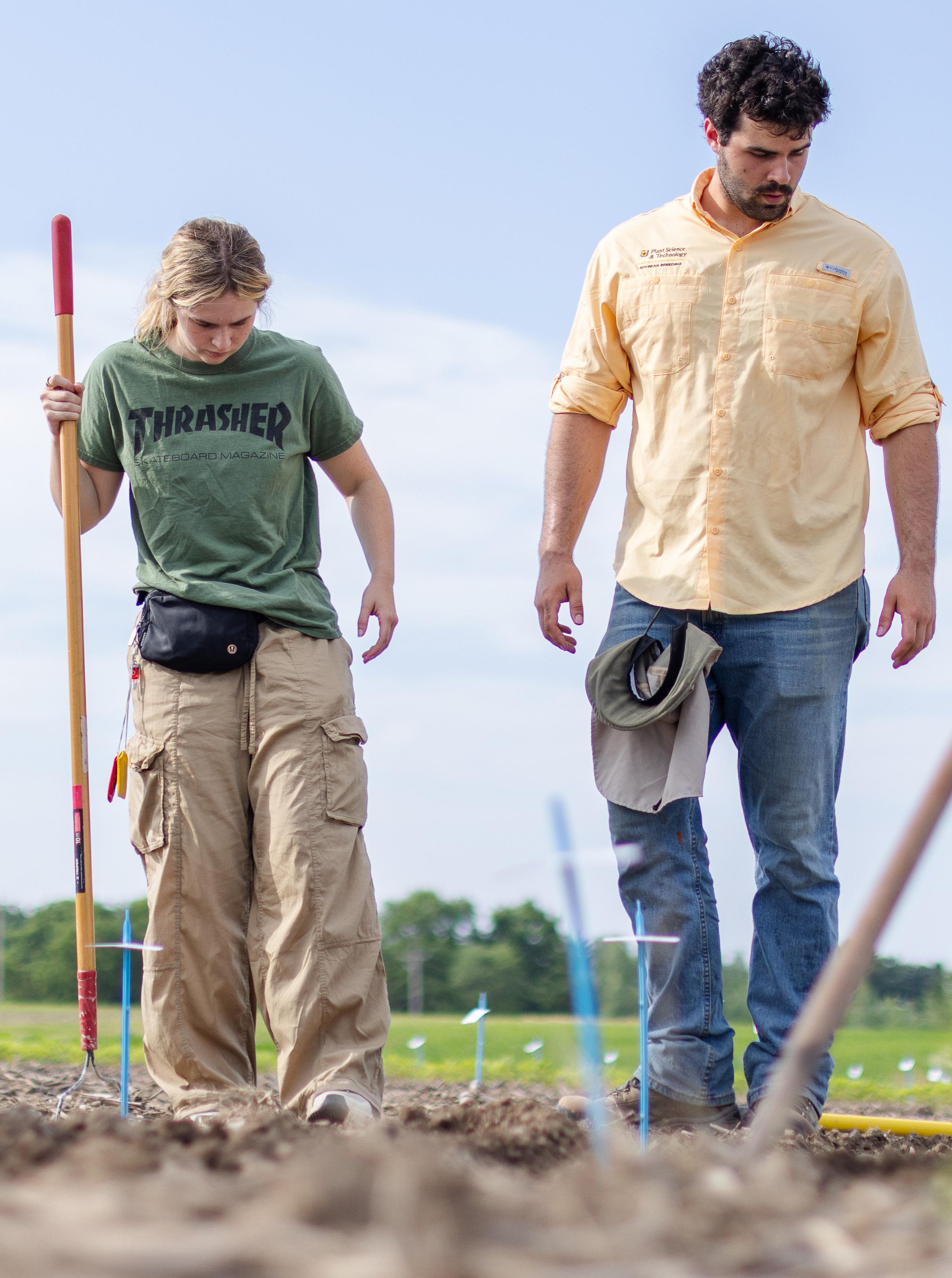
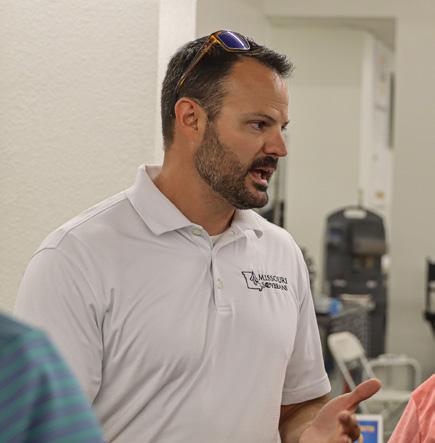
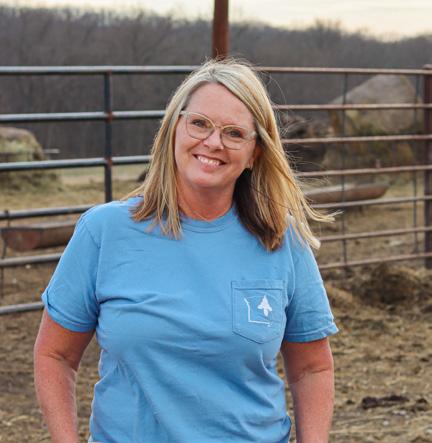
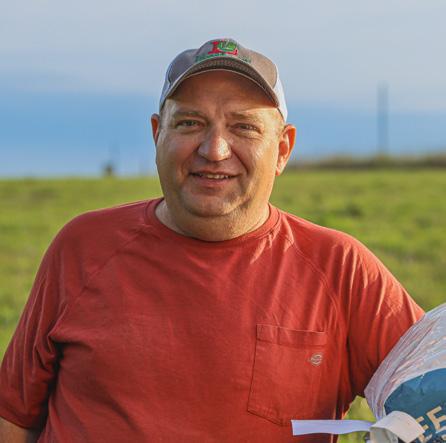


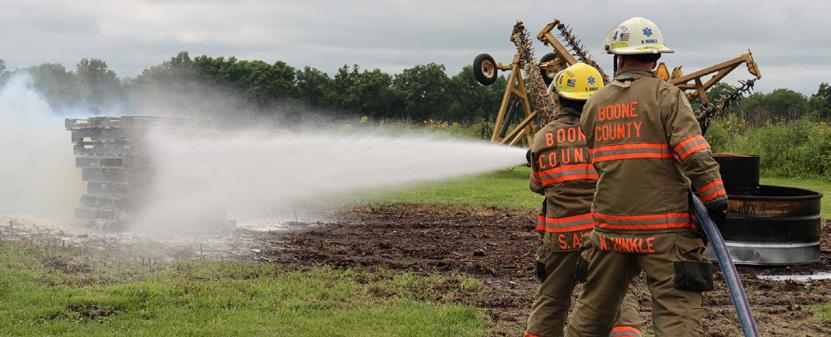


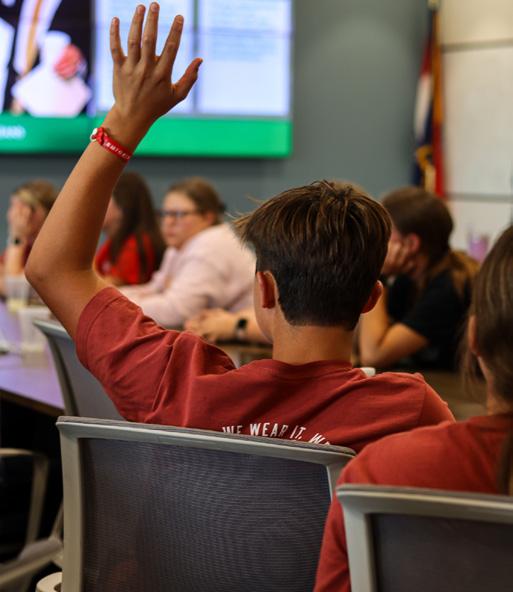

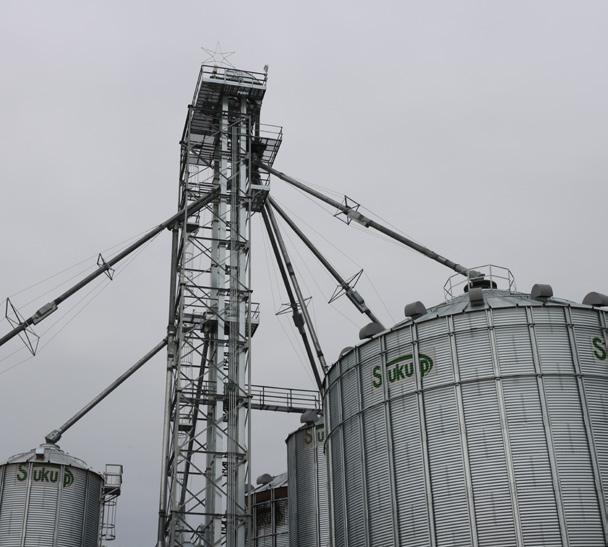
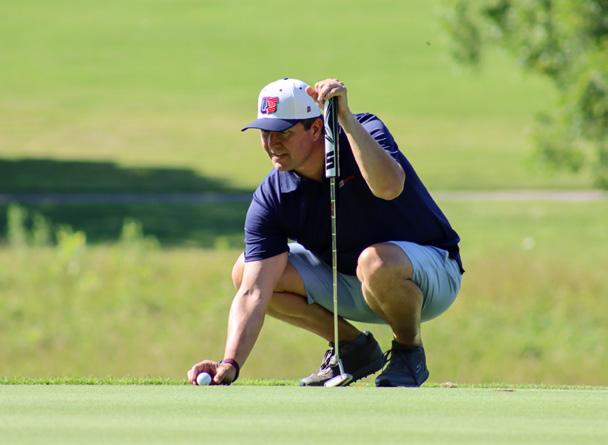
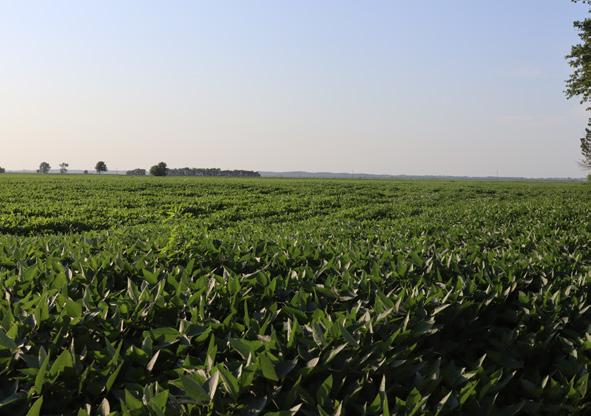















As we reflect on fiscal year 2025, the consistency of the soybean checkoff was on full display. Some years bring major wins that draw statewide or national attention. More often, the progress comes steadily, guided by our strategic plan, and goes largely unnoticed. This annual report shows how we continue to meet our statutory obligation to fund research, educate stakeholders and create demand for Missouri-grown soybeans.
Missouri Soybeans, in partnership with the University of Missouri, operates the nation’s largest public soybean breeding program among state checkoffs. The program provides a steady pipeline of new varieties while identifying novel traits that are now being commercialized to fight pests that cost producers more than $1 billion annually. These efforts, and the benefits they deliver, are only possible because of the checkoff.
As yields improve, reliable markets remain essential. Missouri benefits from strong crush capacity and biodiesel plants located across the state. MSMC continues to invest in domestic biodiesel demand, including infrastructure projects with terminals and retailers. Opportunities for additional crush in southeast Missouri are being explored with potential commercial partners. At the same time, while exports to major buyers such as China have slowed during the past decade, Missouri has focused on building relationships with new customers worldwide. Trade missions abroad and hosting buyers in Missouri help showcase the quality and sustainability of our crop.
Challenges exist at home as well. The “Make America Healthy Again” movement has unfairly targeted soybean oil, despite scientific findings showing linoleic acid is a heart-healthy, essential fatty acid. MSMC has partnered with the Soy Nutrition Institute to share accurate information about soy in everyday diets. Providing factual, science-based data to the public on behalf of farmers remains a core role of the checkoff.
As outlined in our strategic plan, strategic investments in research, education and market development ensure Missouri soybeans remain competitive and sustainable for generations to come. But more importantly, they remind us of the strength of our farmers. Every acre planted, every bushel harvested and every innovation adopted moves this industry forward. With your continued support, we are not just keeping pace with change — we are shaping agriculture's future.
With Gratitude,
Casey Wasser
Executive Director & CEO
Missouri Soybeans

“Let us not grow weary of doing good, for in due season we will reap, if we do not give up.” – Galatians 6:9
Farming is rooted in resilience, faith and trust — in the land, in each other and in the policies that shape our ability to keep producing. As president of the Missouri Soybean Association (MSA), I am grateful to serve alongside a strong community of farmer-leaders who live out that trust every day.
This past fiscal year was marked by meaningful victories for Missouri soybean farmers. We worked to protect farm transitions by eliminating the state capital gains tax barrier, making it easier for young producers to carry forward their family legacies. We strengthened water protections with new permitting requirements to prevent large-scale water exports out of Missouri, safeguarding one of our most vital resources. Through Missouri Farm Bureau, we helped expand health coverage options for rural Missourians, creating greater peace of mind for farm families.
At the same time, we invested heavily in shaping the future of our industry through the Farm for Soy Innovation. The farm has become a centerpiece of outreach, education and research, hosting major events such as the Grain Smart Field Day, Cover Crop Day, the Ag Innovation Showcase and numerous legislative tours. Our team advanced important research projects, from exploring cover crop interseeding into standing soybeans to launching a new artificial intelligence initiative designed to improve soybean planting recommendations. To expand our reach even further, we launched a new interactive Farm for Soy Innovation webpage, featuring videos, maps and tools that bring soybean innovation to life for farmers, consumers and partners across the state.
MSA also continued its engagement on the national stage. We have remained steadfast in advocating that soybean oil and other American-grown feedstocks remain central to biofuels policy, even as new federal tax credit structures take shape. We also have worked to make sure the Environmental Protection Agency’s approach to implementing the Endangered Species Act does not saddle farmers with costly and impractical burdens that limit access to the crop-protection tools on which we depend.
Through it all, our grassroots foundation has remained strong. The Missouri Grassroots Fellowship continues to prepare the next generation of advocates, and our growing membership ensures that the voices of Missouri farmers are heard clearly in Jefferson City and Washington, D.C.
Looking ahead to fiscal year 2026, we will build on this momentum by continuing to fight for fair policies, reliable technologies and strong markets for Missouri soybeans. It is a blessing to serve alongside you. Thank you for your trust, your support and your unwavering commitment to Missouri agriculture.
Many Blessings,
Renee Fordyce President Missouri Soybean Association

The past year highlighted the strength and resilience of Missouri’s soybean industry. As a board, we focused on investing checkoff dollars in ways that directly benefit farmers — through research, on-farm tools and expanding markets at home and abroad.
The checkoff-funded breeding program continues to advance high-yielding varieties with stronger tolerance to stress and disease. Flood-tolerant and drought-resilient genetics are in the pipeline to help farmers prepare for challenges ahead. The MU Variety Testing Program also added new layers of value, reporting protein and oil content alongside yield. Biweekly growth monitoring reports are giving farmers in-season insights to help make better management decisions.
Licensing and commercialization efforts added momentum this year. Supported by more than 20 licensees across all maturity groups, more than 30 commercial lines of SOYLEIC high-oleic soybeans entered the 2025 market. The launch of SOYLEIC+TECH offers farmers herbicide innovation without regulatory delays, while opening global opportunities for high-oleic exports. These advancements go beyond yield. They add value for food oils and livestock feed, with new studies showing high-oleic soybeans can improve dairy rations and increase profitability for our livestock partners.
Beyond the field, checkoff investments are creating new markets. Growing domestic crush capacity pushed soybean meal exports to record highs, while new uses such as SoyFoam are bringing soy into unexpected areas like fire suppression. Trade missions are building lasting relationships, including growth in sales to Turkey. Closer to home, partnerships with companies such as Buttonwood Farm and Beck’s are adding value and expanding opportunities for Missouri soybeans.
Our grower services team and outreach programs continue to ensure farmer voices are represented. From winter meetings to harvest lunches, we are building stronger ties across the industry.
Looking back on fiscal year 2025, I am proud of the progress we have made together. From the research plots to classrooms and from farm visits to trade missions, your investment is working to grow demand, improve profitability and secure the future of soy. On behalf of the board, thank you for your trust and commitment. Together, we are ensuring Missouri soybeans remain a vital part of agriculture for generations to come.
Until next time,
Mark Lehenbauer
Chairman Missouri Soybean Merchandising Council

The Farm for Soy Innovation (FSI) is a cornerstone in Missouri Soybeans’ work to improve the bottom line for the state’s soybean farmers. The nearly 300-acre farm supports and facilitates research, business and market development and educational programs. MSA is proud to be the only state soybean association to own and operate its own research facility.
Members of MSA receive regular policy, regulatory and industry updates, as well as the opportunity to participate in special events and programs throughout the year. It’s critical that Missouri’s soybean producers are receiving the most up-to-date information regarding policy, regulations and political events impacting their operations. Grassroots advocacy is most impactful with an educated membership. That is one of the reasons we started the Missouri Grassroots Fellowship program. In partnership with Iowa soybean growers, the program offers leadership training, networking opportunities and hands-on work with policy, government and legislative processes.
To effectively engage with membership and producers, our communications programs through MSA have been enhanced during the past 18 months to fit the needs of the farmer. The communications department, through the Missouri Soybean Farmer magazine and a continually growing sponsorship program, returns more to MSA than the programs require in funding.
MSA’s policy efforts are at the core of why the association exists. To achieve the MSA Vision — advancing and protecting the interests of Missouri soybean producers — we must be effective with lawmakers in Missouri and in Washington, D.C. We’re proud of our recent wins and are strategically investing and planning to continue to lead Missouri soybean producers into the future through legislative advocacy, communications and outreach.
This area provides for collaborative work on pest and disease resistance, flood and drought tolerance, and soybean breeding, as well as other work at the Missouri Soybean Association’s (MSA) Farm for Soy Innovation.
Projects include: breeding programs, fungicide research and SCN research.
This area includes the many ways checkoff funds are used to connect with soybean growers via radio, grower meetings, field days, educational tours, etc.
Projects include: environmental programs, the Missouri Soybean Farmer and producer outreach.
The Consumer Information area is the home for efforts to connect Missourians not living on a farm or ranch to the importance of soy and agriculture.
Projects include: Center for Soy Innovation, Ag Ed on the Move and the Missouri State Fair.
This area includes the cost of overseeing and investing Missouri’s soybean checkoff dollars, including management, personnel and facilitating elections and meetings of the MSMC board of directors.
Projects include: administration salaries and board costs.
Initiatives in this area include policy education, commodity support and working with industry partners to identify new management practices and uses for soybeans and soy products. This area encompasses business development and relationship-building programs.
Projects include: biodiesel partnerships and industry relationships.
This section includes efforts to raise awareness within the market for Missouri soybeans and build demand for Missouri soybeans and soy products around the world.
Projects include: licensing, commercialization and international and domestic market development.

The Missouri Soybean Association (MSA) spearheaded the Water Preservation Act, a piece of legislation that was first filed three years ago by Sens. Jason Bean and Jamie Burger. This year Rep. Cameron Parker joined the fight. We supported the legislation when it was first introduced in 2023, and ever since then have worked with legislators on the intricacies of the overarching goal of this legislation: to keep Missouri waters here in our state.
We overcame significant opposition, and through patience and persistence, we found a path forward through the legislature. With 31 yes votes in the senate and 116 in the house, the legislation was ultimately signed into law by Gov. Kehoe at MSA’s headquarters in Jefferson City.
At the end of the day, water is the most precious resource to not only farmers but also to all citizens. Without this bill, Missouri had zero protections to track or prevent bulk water exportation. This legislation establishes a strict permitting framework to track and regulate bulk water exportation – a critical step in safeguarding Missouri’s most valuable resource. While a total ban on water exports would conflict with the U.S. Constitution’s Dormant Commerce Clause, this legislation sets meaningful protections in place without violating federal law. The legislation also maintains our riparian water rights, meaning landowners have the right to use water that is on or borders their property. It should be noted that Missouri is one of the last states in the nation to still have riparian water rights, which is imperative to maintain.
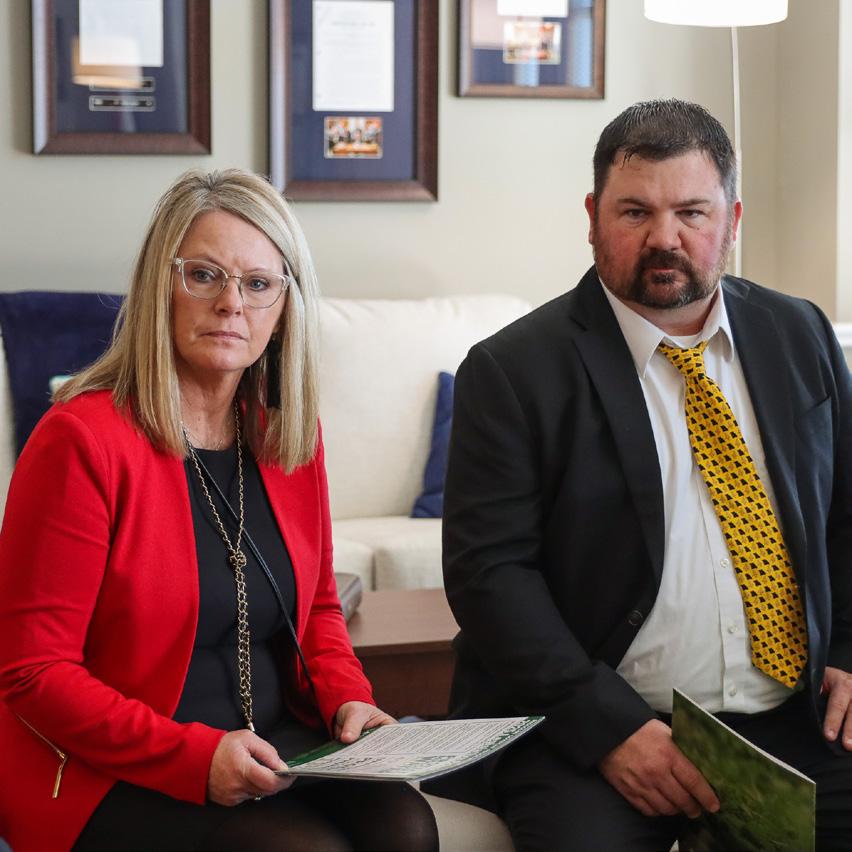
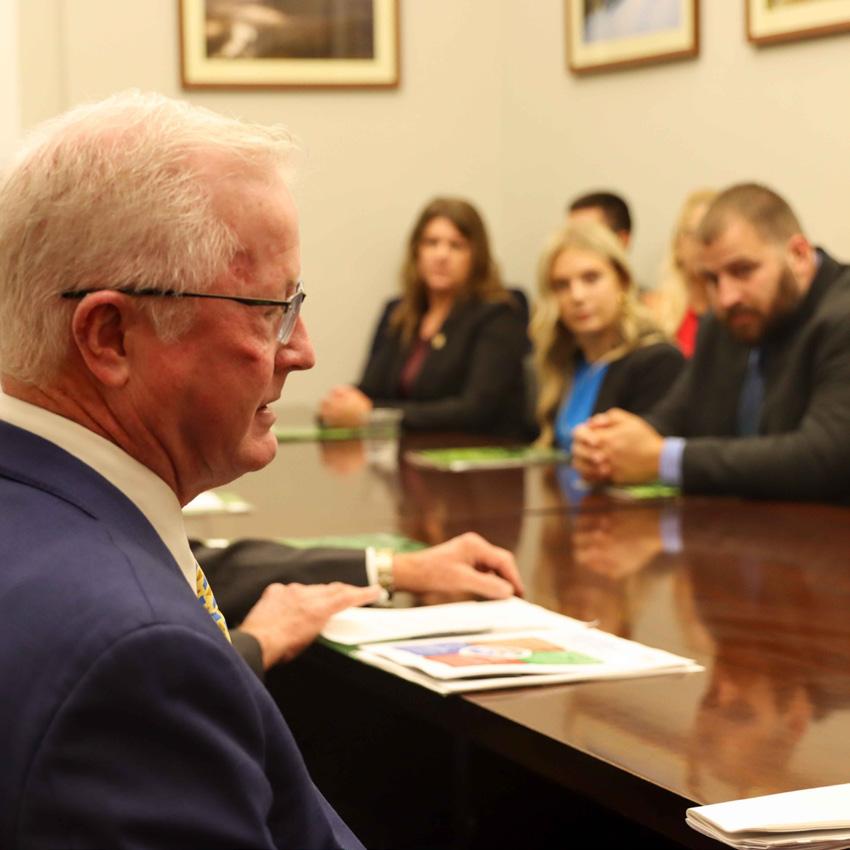
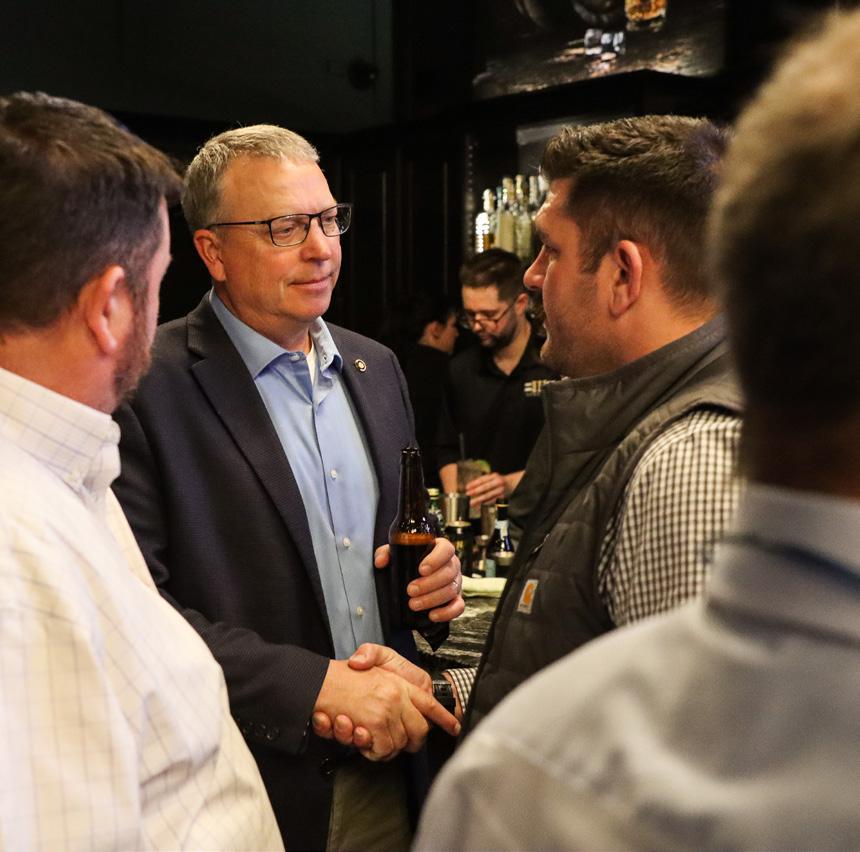
Right before the Fourth of July, Congress acted by passing the “One Big, Beautiful Bill.” MSA worked diligently with our national partners, such as the American Soybean Association (ASA) and our Congressional delegation on ensuring key components for farmers were included in this critical legislation. The wide-ranging legislation includes improvements to the 45Z Clean Fuel Production Credit, updates commodity reference prices, increases funding for export promotion programs and includes tax provisions to preserve family farms. This commonsense legislation has encompassing wins for Missouri soybean growers.
The revisions to 45Z maintain strict language that limits eligible feedstocks to those grown and produced in North America – excluding products such as Chinese used cooking oil and South American tallow from receiving U.S. taxpayer-funded incentives. The bill also eliminates outdated penalties that have long burdened U.S. soybean farmers. Finally, it extends 45Z through 2029, including extending transferability for the life of the tax credit, which is crucial for Missouri biodiesel plants.
The legislation also includes several tax provisions aimed at supporting family farms and improving agricultural tax policy. Those provisions preserve stepped-up basis, increase the estate tax exemption levels and make permanent the Section 199A Qualified Business Income deduction. The bill restores 100% bonus depreciation, expands credit access for beginning farmers and strengthens risk-management tools such as the Agriculture Risk Coverage and Price Loss Coverage programs.
MSA is ecstatic about the achievements within this legislation, and we thank our national partners and Congressional delegation for jobs well done.
When Gov. Kehoe signed the Fiscal Year 2026 state operating budget bills, he altogether approved about $50.8 billion. With that, though, he vetoed almost $300 million in general revenue and withheld about $211 million. MSA worked hard this past legislative session advocating for $4 million to be appropriated to renovate the Soybean Cyst Nematode (SCN) laboratory at the University of Missouri. The governor decided to approve half of the funding and withhold the other half for the time being. MSA thanks Gov. Kehoe for his leadership and his commitment to Missouri’s soybean farmers. We look forward to discussing with him further the importance of this investment. MSA hopes the full $4 million will be released to refurbish this critical laboratory that is currently dilapidated.
SCN is plant-parasitic roundworm that attacks soybean roots, compromises yield and costs U.S. soybean farmers an estimated $1.2 billion annually in crop damage. According to University of Missouri agronomists, more than 90% of soybean fields in Missouri had extremely high SCN egg counts in 2024, which equates to an approximate 15% yield loss. Demand for SCN research continues to grow, and the lab at the University is nationally and internationally utilized. With SCN being arguably the most yield-limiting pest of soybeans in Missouri and the U.S., it is our hope this one-time investment will be made because it has the potential to change the future of production agriculture.
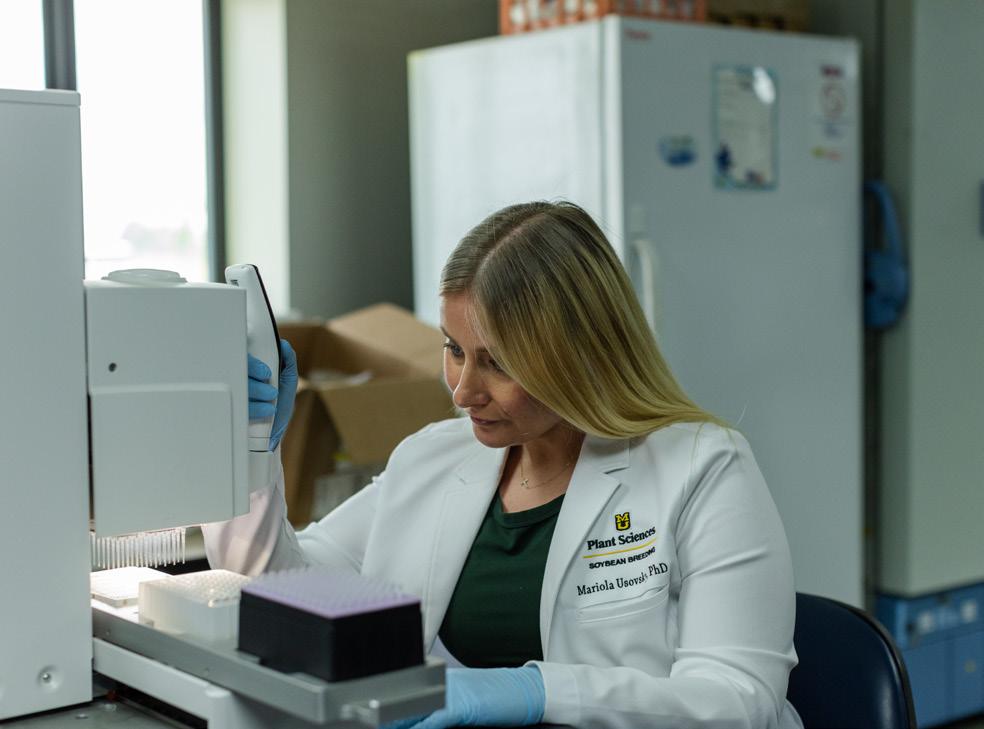
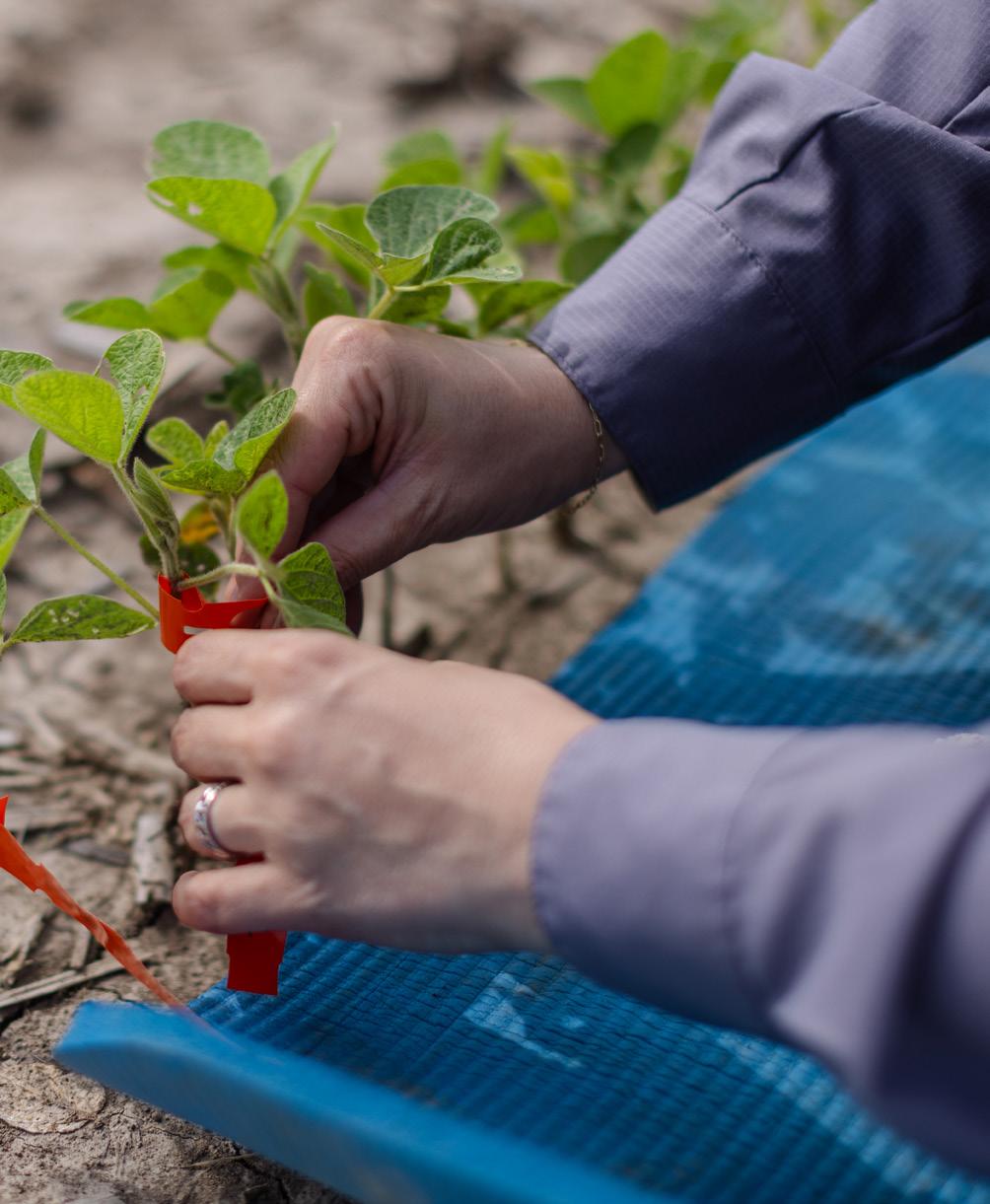
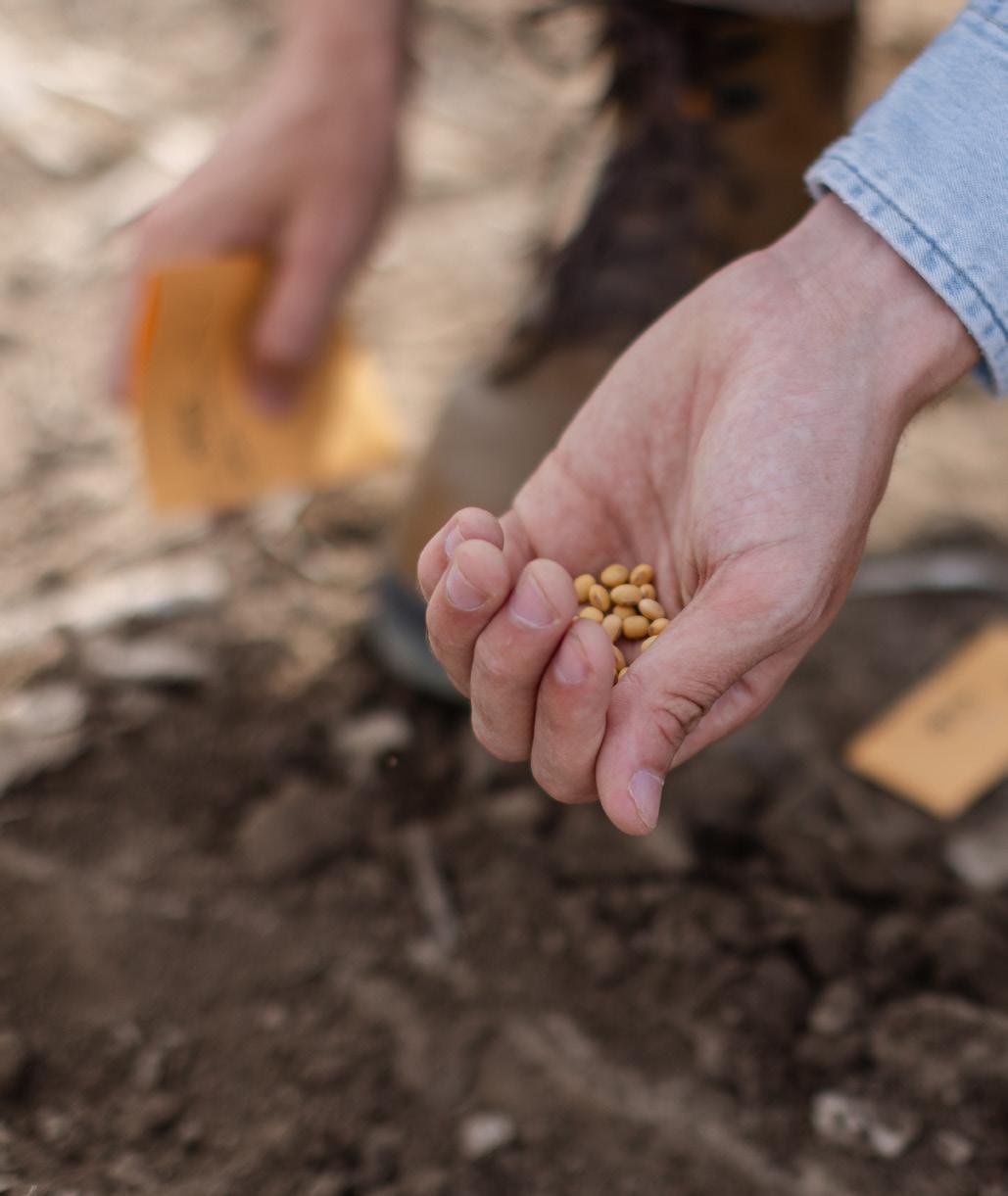
The launch of SOYLEIC+TECH marks a pivotal advancement in the realm of high-oleic (HO) soybean technology, ushering in a new era of herbicide innovation. This non-genetically modified (non-GM) approach leverages its unique characteristics to seamlessly integrate with next-generation herbicide technologies. Unlike traditional GM crops that require lengthy regulatory hurdles, the SOYLEIC trait can be combined with new herbicides without the need for deregulation. This presents a significant advantage in terms of speed and efficiency, allowing farmers to adopt these advanced solutions more readily.
The expedited path to market not only enhances the ease of adoption for farmers but also opens doors for global seed exports. The promise of HO soybeans on every acre in the U.S. becomes a tangible reality as the commercial landscape shifts. With three new lines set to launch in 2026, featuring the SOYLEIC+TECH trait alongside Enlist E3, the future looks bright for mid-to-late maturity group 3 soybeans. These innovations are poised to transform agricultural practices, empowering farmers with tools that maximize yield potential and improve crop resilience.
Dairy rations play a crucial role in the health and productivity of dairy cattle, directly influencing milk production and farm profitability. The integration of high-oleic (HO) soybeans into dairy feed is not just a nutritional enhancement; it represents a transformative opportunity for the entire dairy industry. Projections indicate that by the 2030s, as many as 9 million acres could be dedicated to HO soybeans, significantly increasing their presence in dairy rations across the U.S. This shift is underpinned by recent economic analyses that highlight the potential for substantial financial gains for dairy farmers.
One particularly compelling finding from a study published in the Journal of Dairy Science indicates that swapping just 5% of a dairy cow's ration dry matter with HO soybeans can boost milk income by up to $0.27 per cow per day, after accounting for feed costs. For a dairy farm with 500 milking cows, this could translate to an impressive increase in profitability estimated at $32,616 annually. Furthermore, the shift to HO beans has been noted to enhance milk fat production, with an average increase of 65 grams per cow per day — around a 6% boost. As more dairy producers recognize these benefits, the demand for HO beans continues to grow, fostering a mutually beneficial relationship between growers and dairy farmers.
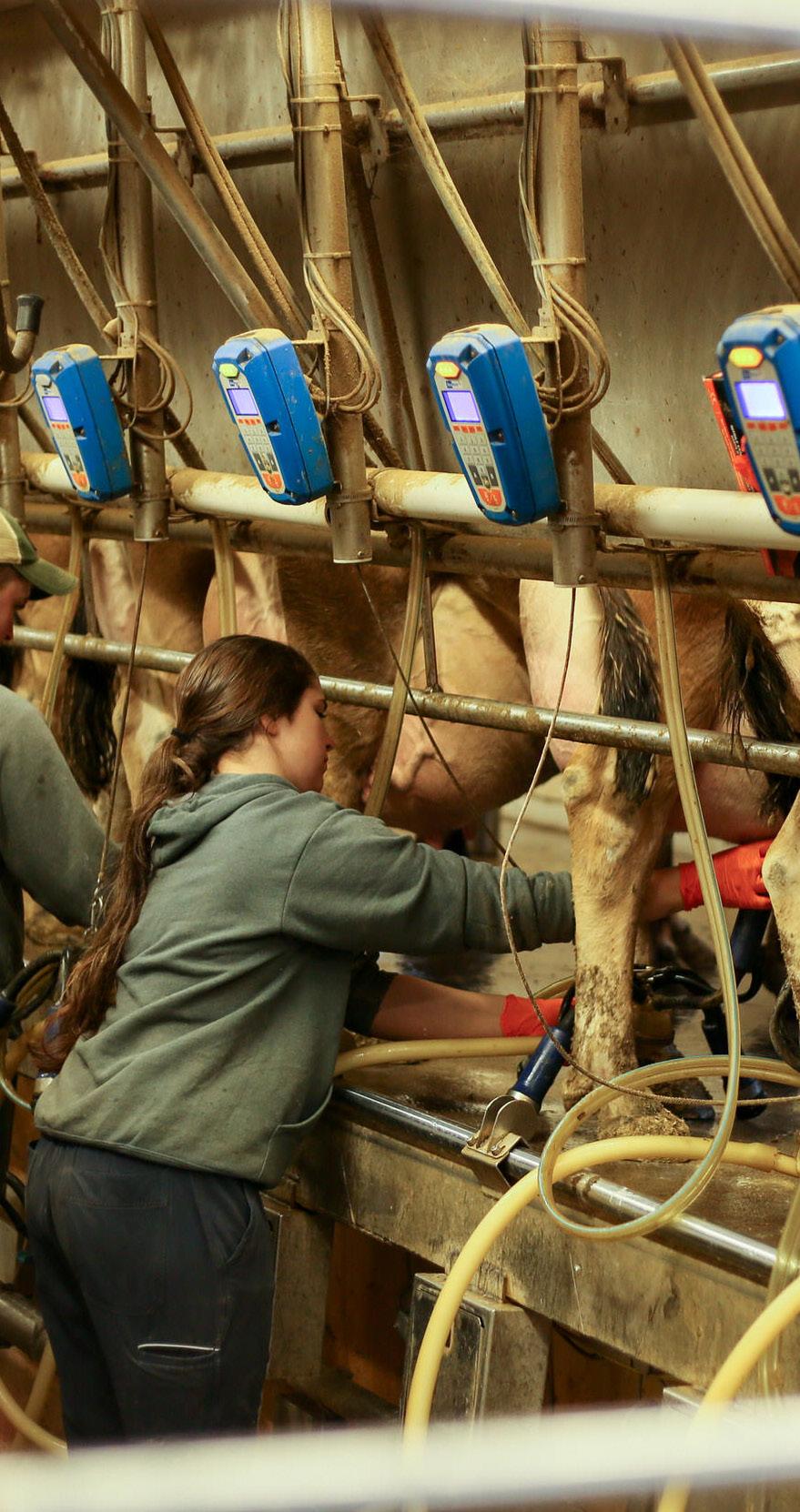
With more than 30 commercial lines of SOYLEIC soybeans having entered the market for the 2025 season, there is a clear trajectory towards expanding the premium high-oleic market. The introduction of these soybeans is not merely about increasing yield; it is about creating added value for both farmers and end-users through the production of high-quality meal and oil. The commitment of more than 20 licensees to promote the switch to HO soybeans underscores a concerted effort to make the SOYLEIC trait accessible across all maturity groups, from 1 through 7. This strategic initiative positions SOYLEIC as the leading high-oleic trait ready for widespread adoption, reflecting a deep-seated pride in uplifting U.S. soybean farmers.
Our forward-thinking approach is focused on advancing superior soybean lines that cater to the specific needs of U.S. farmers. Through innovative programming and rigorous yield trials, we are committed to sharing data that rivals the best in the industry, ensuring that our varieties are at the forefront of adoption and review. An exemplary demonstration of this speed to market can be seen in our progress to launch SOYLEIC+TECH soybean lines within just five years. This rapid development not only exemplifies our dedication to meeting market needs but also solidifies our role as a leader in the agricultural sector, driving efficiencies and growth across the U.S. soybean landscape.
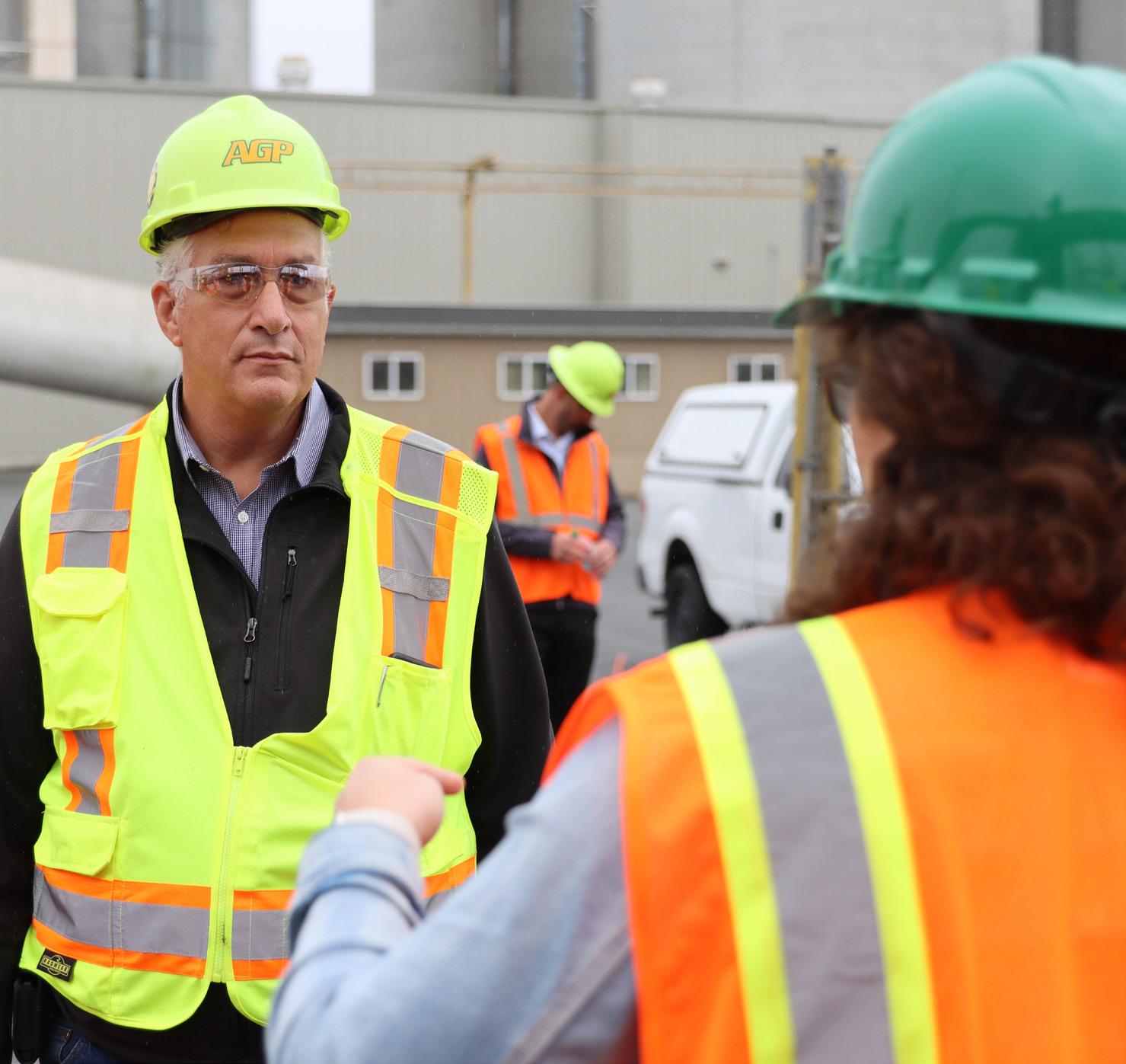
Growing biofuel demand has led to a revolution in domestic crush capacity growth. With this expansion, new opportunities have risen to export soybean meal globally. Soybean meal exports rose to another record high of 14.56 million metric tons (657 million bushels equivalent) during the 20232024 marketing year.
The Missouri Soybean Merchandising Council (MSMC) has been a catalyst for this growth. During fiscal year 2025, we worked with the U.S. Soybean Export Council (USSEC) to promote soybean meal in the Americas and invested in its Soy Excellence Center program, which provides training and capacity building in emerging markets. We also partnered with the World Initiative for Soy in Human Health (WISHH) to expand soybean meal capacity in Africa and Southeast Asia. Through a multistate partnership with Ag Processing Inc. (AGP), we engaged buyers in Latin America to emphasize the benefits of Midwest-grown soybeans and soybean meal.
Hosting groups of soybean buyers, known as trade teams, has also led to successful exports of U.S. soy. By showcasing Missouri soybean production, highlighting the benefits of Missouri soy and building relationships with international buyers, new markets have emerged as customers of U.S. soy. One example is Turkey. During the past three years, Missouri has hosted trade teams annually from the country, sponsored in part by the USSEC. As a result of these trade missions, exports of whole soybeans to Turkey have grown from 6 million bushels to 30 million bushels in just two years, an increase of 336%. Turkey is now a top 12 market for U.S. soy. This diversification of markets is critical to offsetting the decreasing trend of exports to China.
In 2024, roughly one-fourth of Missouri’s soybean crop was fed to livestock within the state with the remainder going to the livestock industry across the U.S. and globally. Demand for Missouri soybeans is driven by our partners in the pork, poultry, cattle, dairy and aquaculture industries. As we look for growth opportunities, MSMC is taking an aggressive approach to be a resource, build connections and bring more value to the soybeans in our state. Working with local and state economic development partners is vital strategy in this effort.
In August 2025, Buttonwood Farm, a poultry and egg producer and processor, announced an expansion of an egg processing facility in Morgan County. MSMC connected Buttonwood with representatives at the Missouri Department of Economic Development (DED) to foster the expansion process.
In November 2024, Beck’s announced a new soybean seed processing facility in New Madrid County. This project was driven by a collaboration with Missouri Partnership, a public-private arm of DED, MSMC and other ag groups known as “Project Yield.” The collaboration seeks to increase the use of agricultural commodities by attracting new food and agricultural companies to Missouri.
In 2024, biomass-based diesel (biodiesel and renewable diesel) utilization rose to new heights. More than 5 billion gallons was consumed. Soybean oil was the primary feedstock, with more than 13 billion pounds used — the equivalent of the oil from more than 1.1 billion bushels of soybeans. Missouri Soybeans’ advocacy and market development efforts at both the state and federal levels were crucial to this growth. In 2025, efforts to enhance the Clean Fuels Production Credit (45Z) for biomass-based diesel and growth in the renewable volume obligations (RVOs) for the Renewable Fuel Standard (RFS) are moving the needle for growth into the latter part of the year and into 2026.
Another vital demand impact has been the emergence of SoyFoam. SoyFoam, manufactured by Cross Plains Solutions, is a biodegradable, non-toxic fire suppression foam produced using soy flour. Historically, fire suppression foams have been manufactured using PFAS and other harmful forever chemicals, which have been linked to cancer and other illnesses in firefighters. With the commercialization of SoyFoam, a safe, effective alternative to traditional foams is now on the market, providing a new demand opportunity for soybean farmers.
In July, the Boone County Fire Protection District announced it is the first fire protection district in the state to adopt SoyFoam in its operation.

With the change in federal administration, agricultural programs have seen shifts not only in policy but also in branding and focus. What was originally introduced as the Partnership for Climate Smart Commodities under the previous administration has now been reframed as the Advancing Markets for Producers (AMP) Initiative. The new name and additional program requirements emphasize the creation of lasting market opportunities for farmers who adopt conservation practices, rather than focusing primarily on climate messaging. This shift underscores the federal government’s intent to frame conservation practices as tools that expand profitability, resilience and long-term market access for U.S. producers.
Missouri Soybeans is proud to partner in three major AMP projects that deliver real incentives to farmers who adopt conservation practices. These programs — Soil and Water Outcomes Fund, the University of Missouri’s Conservation Crops and Livestock project, and Farmers for Soil Health — demonstrate the diverse ways conservation can be integrated into farm management while rewarding producers for their efforts.
One of the main missions of the Farm for Soy Innovation (FSI) is to be used as an educational tool that can benefit agriculture in Missouri. This year, we were able to host multiple events, trade groups from all over the world and more researchers, students and other industry partners. Some of the highlights were the Cover Crop Field Day that was focused on the latest research and projects related to cover crops. We also hosted the inaugural Grain Smart Field Day that was focused on bin safety and the latest technology related to grain bins. This event brought farmers and firefighters together in one place to do live demonstrations on grain bin rescues. We also hosted the Ag Innovation Showcase that highlights all the research that is taking place at FSI and the latest technologies that farmers can expect to see in the future. We hosted veterans on a managed deer hunt and hosted many more events throughout the year. Overall, we recorded 850 people visiting the Farm for Soy Innovation this past year, with multiple countries represented. We are pleased to have hosted so many visitors and look forward to hosting more this coming year.
We are also excited to launch the new webpage for the Farm for Soy Innovation. This webpage is the new hub for all research projects and a way for farmers and partners to get the latest research information in one place. The webpage includes an interactive map that has all the research taking place on every acre of the farm. When you click on a field, it will pull up the research and the latest information about that research project.
Carbon Intensity (CI) scores have made headline news many times in the past year. Moving forward, knowing how these scores work will be very important to our growers. Missouri Soybeans has teamed up with MU's Center for Regenerative Agriculture, AgProcessing (AGP) and HabiTerre to study CI scores specific to Missouri and how common conservation practices can help lower the CI score.
Reducing the carbon intensity of biodiesel or renewable diesel has monetary value. Currently, CI scores only consider direct carbon emissions and impacts from indirect land-use change. Regulatory bodies have been slow to consider carbon stocks sequestered in soil through changes in management. Agricultural practices such as notill, use of cover crops and nutrient management are not currently included in state Low Carbon Fuel Standard programs and are to be determined for the federal Clean Fuel Production Credit.
Reasons cited most often as to why soil organic carbon is not part of the CI calculation include a high degree of uncertainty associated modeling and field level information, concerns about permanence and the ability to track “the lower CI feedstock through the supply chain.”
This CI project will work to validate the potential for carbon sequestration and the generation of credible field level data specific to Missouri.
Farmers for Soil Health (FSH) is a farmer-led collaboration that focuses specifically on expanding the use of cover crops. The initiative brings together farmers, commodity organizations and conservation partners to create a supportive network for scaling up adoption. While it is still in its early stages compared to the other projects, Farmers for Soil Health has already distributed $68,105 in payments to participating Missouri producers. The program’s long-term vision is to build soil health, reduce input costs and strengthen farm resilience nationwide.
The Soil and Water Outcomes Fund (SWOF) connects farmers to both public and private funding sources to reward conservation practices that generate environmental outcomes. Farmers participating in SWOF adopt practices such as cover crops, reduced tillage and nutrient management that improve soil health, reduce nutrient loss and enhance water quality. In return, they are paid annually based on measured improvements and outcomes. To date, SWOF has distributed nearly $10.5 million directly to Missouri farmers, providing both economic benefits and measurable environmental gains.
Led by the University of Missouri’s Center for Regenerative Agriculture (CRCL), the CRCL project provides opportunities for whole-farm systems by integrating conservation practices across both row-crop and livestock enterprises. The project works with producers to implement strategies such as regenerative grazing, nutrient management and cover crops, all with the goal of enhancing soil health and water quality while maintaining profitability. By providing technical support and financial incentives, CRCL lowers the barrier to adoption for farmers who want to test and expand regenerative practices. So far, CRCL has paid nearly $7.3 million to farmers across Missouri, making a tangible impact in both conservation and farm economics.
For Missouri Soybeans, partnering on these AMP projects is about more than conservation. It’s about positioning Missouri farmers for long-term success. By creating pathways where conservation practices translate directly into financial rewards, these programs help producers reduce risk, open doors to emerging markets and meet consumer demand for sustainably grown products. At the same time, they strengthen the agricultural landscape by improving soil health and water quality for future generations.
Through these efforts, Missouri Soybeans is ensuring that conservation and profitability go hand in hand, helping farmers today while building resilience for tomorrow.
For more information on AMP grant projects, please reach out directly to Clayton Light at clight@mosoy.org or Brady Lichtenberg at blichtenberg@ mosoy.org

The Northern Missouri Breeding Program, based at the Farm for Soy Innovation in Columbia, Missouri, continues to focus on developing profitable, high-yielding varieties with better genetics for Missouri farmers and beyond.
• Breeding new cultivars (conventional and Enlist E3) with high yield, stress tolerance and unique seed traits.
• Key research areas: yield potential, genetic diversity from exotic/wild soybean, seed composition (oil, protein, fatty acids, carbohydrates) and disease resistance.
• New SOYLEIC + Enlist E3 varieties will soon be released — the first public varieties to stack these two valuable technologies.
• Soybean cyst nematode (SCN) continues to be the No. 1 yield-robbing pest ( about $1.5 billion annually).
• In 2023, University of Missouri researchers published the discovery of GmSNAP02, the first new major SCN resistance gene cloned in 7 years.
• Ongoing work with GmSNAP14 is showing promise, with results expected by the end of 2025.
• Long-term field studies across Missouri, Illinois, and Iowa proved that rotating different SCN resistance genes is critical to slowing nematode virulence and keeping populations in check.
• Breeding progress is being made on raising protein without sacrificing oil or yield.
• A major quantitative trait locus (QTL) on chromosome 14, sourced from wild soybean, was validated and fine-mapped. It boosted protein by up to 9.3 grams per kilogram without lowering oil.
• This discovery was published in Theoretical and Applied Genetics (2025).
• New germplasm and experimental lines with higher protein have already been licensed to companies for use in breeding.
• Several commercial licenses have been executed in the past year, making new cultivars and germplasm available to both public and private breeders.
• Material transfer agreements ensure discoveries reach the broader research community for future improvements.
The Northern Missouri Soybean Breeding Program is making major progress on SCN resistance, seed protein improvement and stacked trait development. These breakthroughs will provide Missouri soybean growers with more options, stronger protection and added profitability in the years ahead — all made possible through your soybean checkoff investment.
The University of Missouri Fisher Delta Research, Extension and Education Center Soybean Breeding Program continues to push forward with one goal: delivering high-yielding, Missouri-adapted soybeans with the disease and stress resistance farmers need.
• 5 entries in USDA uniform trials and 18 in preliminary trials
• 82 entries in advanced yield trials and 577 in preliminary yield trials
• About 4,250 progeny rows under selection
• 88 populations advanced in Costa Rica, 77 new crosses made
• Herbicide conversions – XtendFlex trait being added into 7 elite lines
Weather continues to be a top yield challenge. We’re using drones and soil sensors to track canopy growth, water use and photosynthesis — tying together genetics, physiology and yield.
Two new flood-tolerant lines S12-1362 (early group 5) and S17-1146 (late group 4) are moving toward registration. On the drought side, S16-9090 (early group 5) and S16-13165 (late group 4) are showing strong performance.
Soybean cyst nematode (SCN), Southern root-knot nematode (SRKN), Phytophthora root rot (PRR), stem canker (SC), frogeye leaf spot (FLS), sudden death syndrome (SDS), reniform nematode (RN), brown stem rot (BSR), Cercospora leaf blight (CLB) and charcoal rot (CR) remain major concerns. We’re stacking resistances and advancing lines including:
• S19-12537 – high-yielding, resistant to SCN, RKN, RN, BSR, SC, charcoal rot
• S19-10701 – mid-group 4, resistant to SCN, RKN, RN, CLB, SC, SDS, stink bug, phomopsis
This year, we launched marker-assisted selection (MAS) for SCN and SRKN resistance and started using greenhouse crosses to speed up trait stacking across maturity groups.
The gas chromatography lab upgrade (Agilent OpenLab CDS) is improving efficiency and accuracy in oil, protein and fatty acid analysis. We will process samples from across northern and southern uniform trials this fall to guide selection decisions.
The molecular lab is now fully equipped for MAS, and our Unmanned Aerial Vehicle (UAV) phenotyping program is running weekly flights with the DJI Mavic 3M. These tools will make selection more precise and help us deliver better soybeans faster.
The University of Missouri’s Fisher Delta Research, Extension, and Education Center Soybean Breeding Program is delivering varieties built to handle weather, pests and diseases; hold yield potential high; and incorporate herbicide resistance technology — all made possible through your checkoff investment.
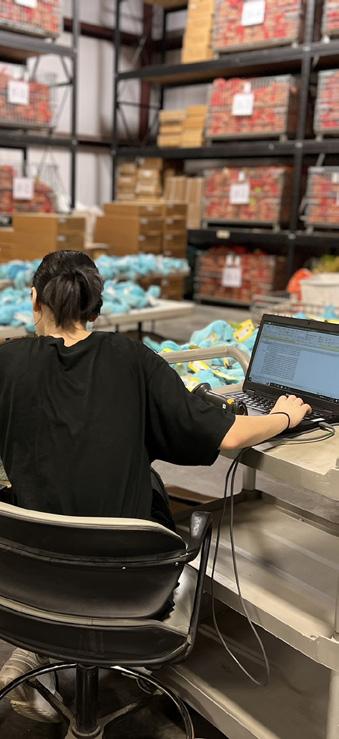

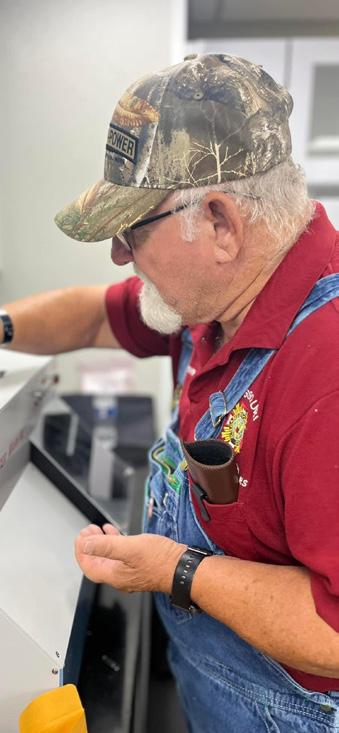
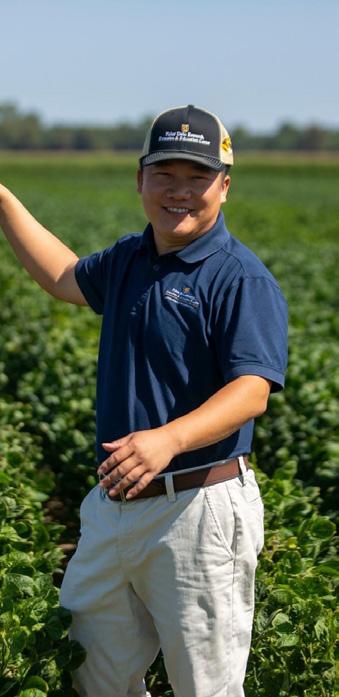
The MU Variety Testing Program is updating how it operates to make results more useful for Missouri farmers. With MSMC support, we strengthened data collection and analytics. In 2025, soybean performance reports include oil and protein concentration alongside yield. A new analytics tool on the Variety Testing website helps users navigate results, compare stability and interpret performance by site yield potential. We also reintroduce relevant varieties from companies that had previously paused participation. MU's program remains Missouri’s only unbiased source of information on commercially available varieties, and our mission is to continue delivering high-quality, decision-ready data to the soybean industry.
The Soybean Farming Systems research and extension group is revisiting core crop-management practices to raise yield potential and reduce risk in Missouri. Our first priority is aligning maturity group, plant population and row spacing with planting date for each region of the state. We start from a practical premise: While yield potential tends to decline with delayed planting, profitable yields are still attainable when maturity group and population are matched to the planting window. Field experiments are in place on farmers’ fields and at research stations across all soybean regions. Preliminary results and initial recommendations are already being shared at field days and technical meetings, with ongoing 2025 trials continuing to refine region-specific guidance.
In 2024 we launched biweekly online reports that track soybean development statewide, and we have continued this service through 2025. The reports summarize soil and water status, expected growth reduction from drought stress, current phenological stages and achievable yield ranges — information that supports in-season decisions such as preventive fungicide or insecticide applications. For example, in 2025, the reports flagged a potential yield penalty and undersized beans due to a late-August flash drought, despite earlier predictions from other agencies that yields would be above normal. Reports are updated every two weeks and are available at https://extension.missouri.edu/programs/soybean/soybean-growth-monitoring.

At the University of Missouri, the field crop pathology program focuses on soilborne pathogens that threaten soybean yields across Missouri. By studying these pathogens, our goal is to provide farmers with practical, research-based tools to reduce losses.
Two major areas of focus are red crown rot (RCR) and soybean cyst nematode (SCN).
RCR was first confirmed in Missouri in 2024, and in severe cases can cause yield losses of nearly 80% in affected parts of a field. Leaf symptoms often appear during the reproductive growth stages and can resemble sudden death syndrome, brown stem rot, fungicide injury or other issues. From our limited observations, RCR has generally been a little more aggressive with progression of disease symptoms. The team’s first priority has been helping agriculture professionals accurately identify the disease. This involves examining roots and stems and collecting field samples so that our team can isolate the fungus that causes RCR and confirm the fungus identity using DNA sequencing. We have been able to take Missouri field isolates of the fungus and reproduce root rot symptoms on soybean plants in greenhouse trials. With this groundwork completed, we are now preparing for the next phase: screening soybean varieties and breeding lines for resistance, and testing fungicide activity against the pathogen.
SCN continues to be a persistent and growing challenge in Missouri soybean fields. Our statewide surveys show that SCN populations are not only more widespread than in past decades but also increasingly capable of reproducing on many common commercial varieties.
To expand management options, we are evaluating the alternative resistance source Peking, which is commercially available but less widely used. In 2024, Peking soybeans outyielded a standard variety by about 7 bushels per acre at one location, while at another site, the standard variety outperformed Peking by about 2 bushels. We are completing a second year of data collection with small plot and on-farm research. Our goal is to determine how best to integrate Peking soybeans into Missouri production systems to optimize management of SCN and protect yield potential.
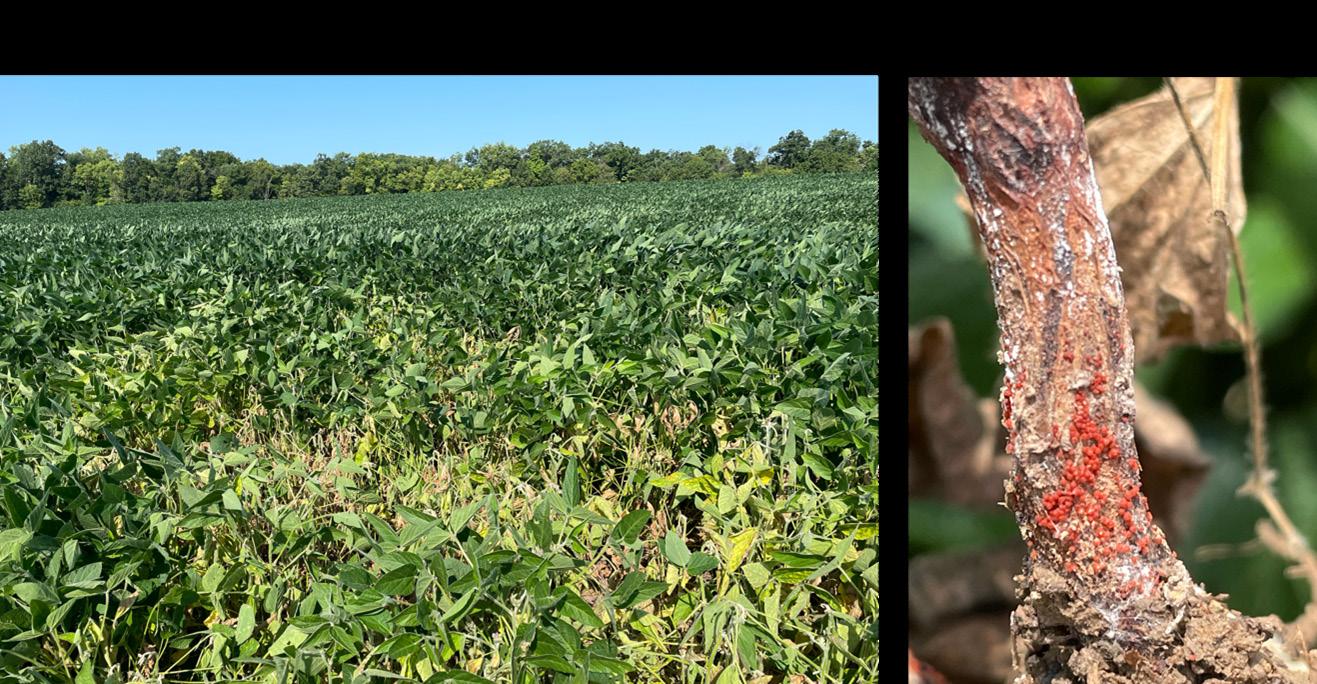
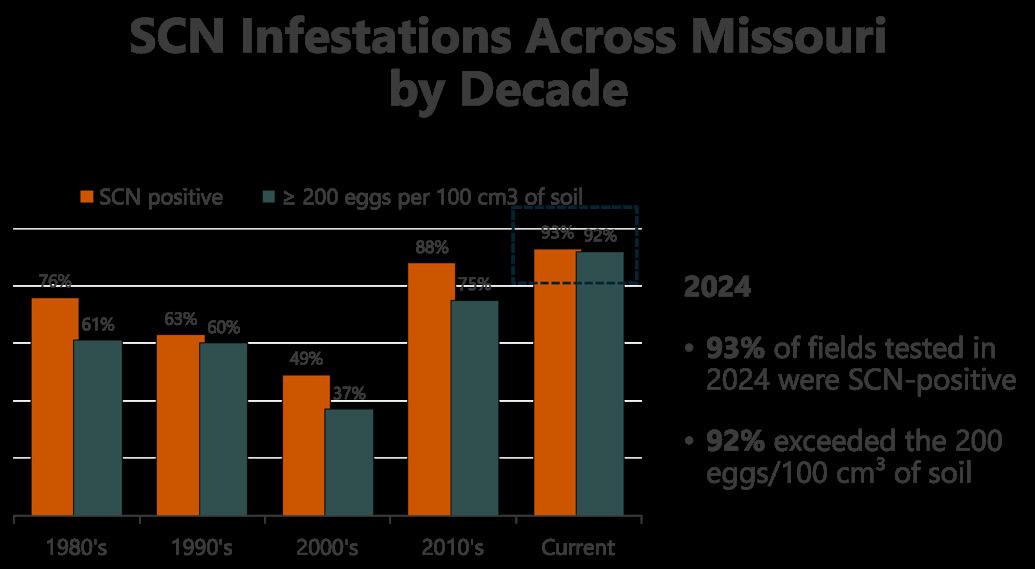
From the northern border in Clark County to the southern edge in Pemiscot County, the Missouri Soybeans’ grower services team was on the road connecting with farmers in every corner of the state. Through winter meetings, harvest lunches, soy socials and a variety of other grower-focused events, more than 1,000 producers joined us to hear the latest updates on the Missouri Soybean Merchandising Council’s (MSMC) checkoff investments and the Missouri Soybean Association’s (MSA) policy efforts.
While the MSMC board of farmer-leaders continues to create transparency around how checkoff dollars are invested, MSA’s core mission remains rooted in membership. Because checkoff funds cannot be used for lobbying or political advocacy, member support drives progress on the policy front.
MSA membership is designed to deliver value – whether through monthly newsletters, timely policy updates, exclusive discounts and benefits, or exclusive opportunities and events. But more importantly, membership ensures that farmers’ voices are amplified where it matters most. Grassroots engagement is at the heart of every policy success, and it’s our members who give strength to the work being done on behalf of Missouri soybean producers.
In fiscal year 2025, the Missouri Soybean Association launched a new Corporate Membership Program, designed to strengthen ties between agribusiness partners and soybean growers across the state. The program offers companies expanded visibility through Missouri Soybean Farmer magazine and digital platforms, exclusive access to events and networking opportunities, and full MSA and ASA membership benefits. With enrollment available for up to 20 team members, corporate partners gain a powerful voice in shaping the future of Missouri agriculture.
The program quickly gained traction, with four new corporate members joining in its initial rollout year. Their participation underscores the value of this opportunity to connect, collaborate and influence at both the state and national levels. As the program grows, Missouri Soybeans looks forward to expanding these partnerships and strengthening our collective impact on behalf of Missouri’s farmers.
To learn more about becoming a MSA member, visit mosoy.org/membership or contact our office at 573-6353819

During the past year, the Center for Soy Innovation (CFSI) welcomed a record-setting 3,582 visitors, including more than 125 groups and school field trips. Every one of those visitors had the chance to see the value of soy checkoff investments in action — advancing our mission of education and outreach. Each year, the center’s impact grows stronger, connecting with community members, industry partners, students from across Missouri and even guests from around the world. If you haven’t experienced CFSI yet, we invite you to stop by, share it with your neighbors and encourage educators you know to add it to their list of must-do field trips.
This year’s Soy Innovation Challenge brought creativity and competition to center stage, with FFA chapters showcasing their ideas under the theme, "Bean Voyage." The Nixa FFA chapter took top honors with its concept for an interactive map highlighting soy’s international markets. Savannah FFA earned second place, North Shelby FFA placed third and Versailles FFA and Carrollton ACC FFA rounded out the list of talented finalists.
Missouri Soybeans also provided 15,330 soybean activity books to teachers across the state, equipping classrooms with resources to help students learn about agriculture, sustainability and the role of soy in their everyday lives.
3,582
15,330
The Missouri Grassroots Fellowship continued to grow stronger in its fourth year, bringing together a new class of young leaders from across the state. The 2024-2025 program launched in Iowa during the Farm Progress Show, where fellows began building connections while diving into leadership development, industry insights and the important work of both organizations do to drive soybean demand, research and education.
Over the course of the year, participants joined Missouri farmer-leaders for the annual meeting and legislative visits, traveled to Denver for Commodity Classic, and concluded their journey in Washington, D.C., where they attended the American Soybean Association’s summer meeting. Each stop provided valuable opportunities to see advocacy in action and to engage directly with the issues shaping agriculture’s future.
The fellowship is designed to challenge and prepare participants by exposing them to U.S. agricultural policy and regulation, helping them better understand how these factors intersect with production agriculture and the soy value chain. Built around farmer-to-farmer learning, the program equips young leaders with the skills and confidence to effectively advocate on behalf of agriculture and the soybean industry.
This year’s Missouri Grassroots Fellows included: Rex Meyr Jr. (Cape Girardeau Co.), Grant Novinger (Adair Co.), Logan Korff (Carroll Co.), Abby Korff (Carroll Co.), Regan Ragsdale (Monroe Co.) and Matt Schroer (Lincoln Co.).
Interested in joining a future class? Applications open each summer, with the program kicking off ahead of harvest. Learn more at mosoy.org/fellow; we’d love to welcome you into the next class of Fellows!
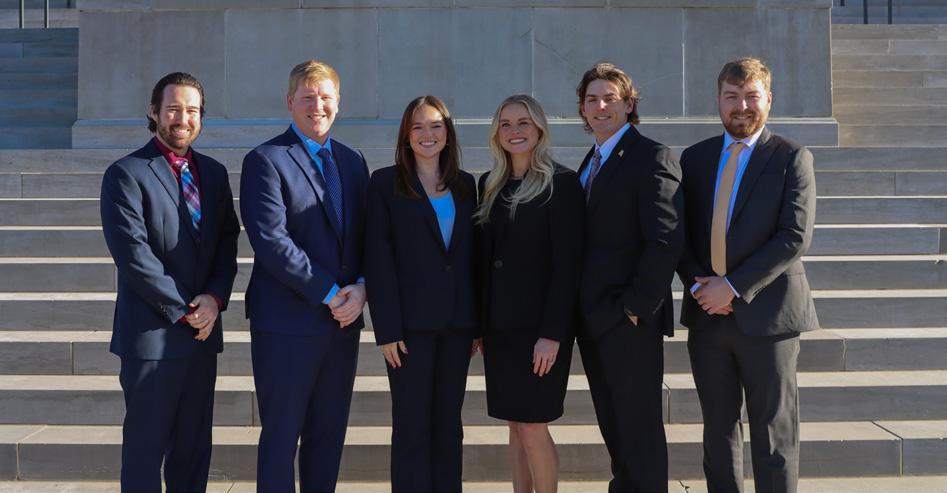
Strong communication is at the heart of connecting farmers, stakeholders and consumers to the work of Missouri Soybeans. This year, our communications team expanded outreach through in-person events, print and digital platforms to ensure the value of farmer investments is clearly seen and understood.
The Missouri Soybean Farmer magazine continues to be a cornerstone of farmer communications, with six issues each year reaching more than 35,000 readers. Now ranked as the second-largest agricultural publication in Missouri, the magazine is driving measurable results: More than half of readers research products after seeing advertisements, and 40% take direct action.
Digital engagement also continued to grow. Across platforms, Missouri Soybeans generated more than 4.7 million impressions and 270,000 website visits, amplifying farmer stories, showcasing innovation and providing strong visibility for partners and sponsors.
Together, these efforts ensure that Missouri soybean farmers remain informed, connected and represented — whether around the table at a local meeting, in the pages of a trusted magazine or through stories shared online with audiences across the globe.
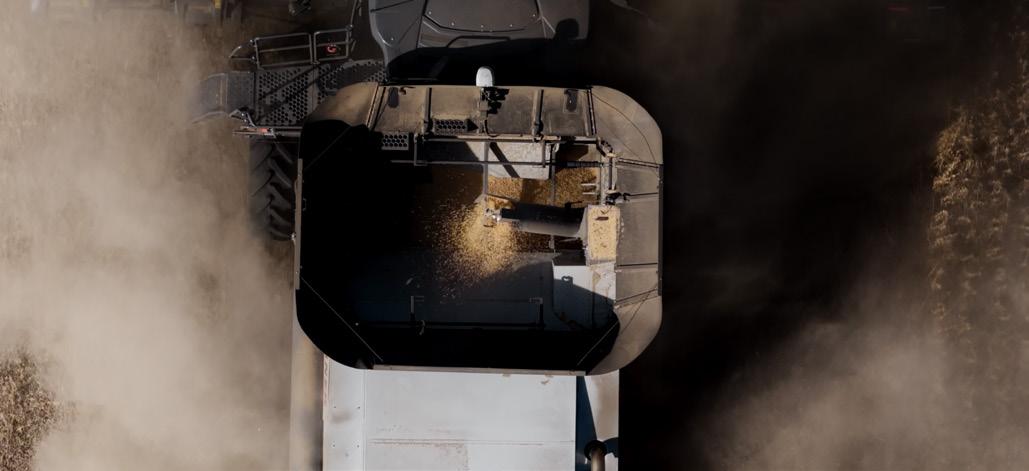
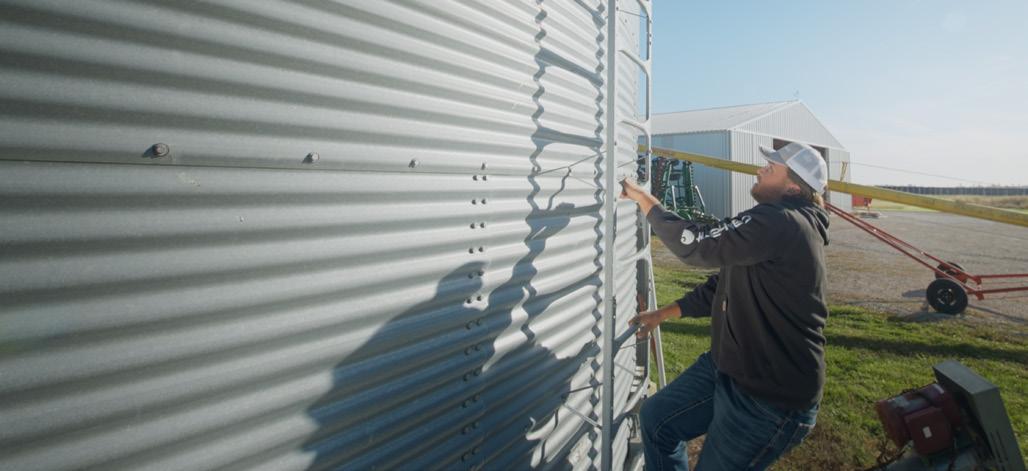
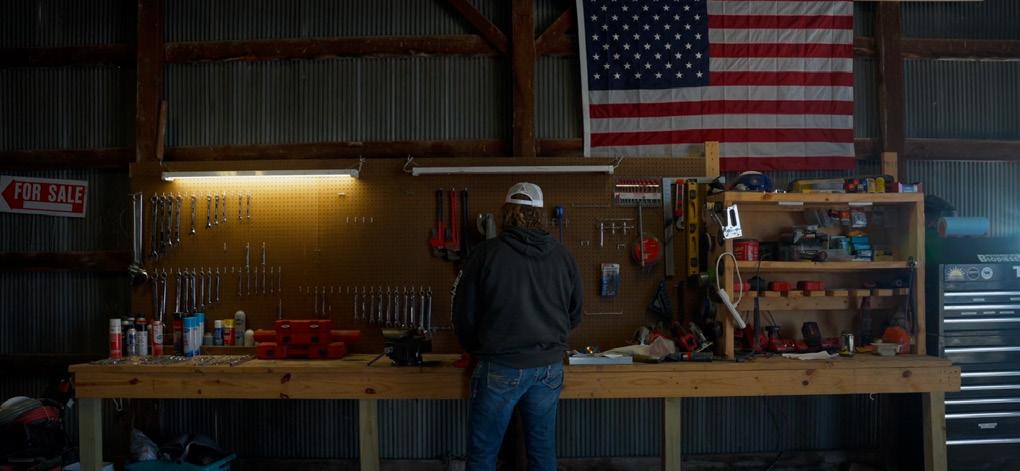
Farming has never been a solo effort. Success takes a team — family, seed dealers, agronomists, researchers and industry partners. The American Dream campaign highlights this spirit through the message “Your Dream, Our Team” and shows how the soybean checkoff plays a vital role in helping farmers succeed .
Through research, education and demand growth, the Missouri Soybean Merchandising Council works alongside farmers, partners and communities to keep agriculture thriving. When farmers succeed, the entire team succeeds — and together, we are building a lasting future for Missouri agriculture.
• YouTube full video dominated with more than 78,000 views.
• TikTok drove the most followers gained (160) and high like-to-view ratio.
• Google Ads brought in massive reach with strong click-through rate (2.35%).
• LinkedIn’s engagement rate is solid at 7.6%, even on lower impressions.
This year, the Missouri Soybeans’ communications team brought home EIGHT regional National Agri-Marketing Association (NAMA) awards. Competing against industry giants such as John Deere, Valent, Bayer and Syngenta — showcasing our team’s exceptional talent and creativity.
The organization was recognized in the following categories:
• Best of Show
• Public Relations -- Not Just a Farmer
• First Place
• Integrated Campaign - Local -- Not Just a Farmer
• Events - Internal -- Research Farm Rebrand
• Company and Association Magazines – Missouri Soybean Farmer
• Audio/Visual Feature -- Not Just a Farmer
• Company Publications - Internal -- Annual Report
• Company or Producer Funded PR Campaign -- Soy Foods Month
• Merits
• Influencer Activation - Mental Health Video
• Company or Producer Funded PR Campaign - Santa at Soy
n 2024, Missouri Soybeans invested strategically in advocacy to support farmer-focused leadership. Through a multi-channel marketing effort backing gubernatorial candidate Mike Kehoe, the campaign generated 7.12 million impressions, reaching 2.6 million Missourians and driving more than 105,000 engagements across platforms.
Our approach spanned print, radio, digital, social, text and billboards. Highlights included:
• Magazine circulation of 35,000+ with in-kind value of $17,200.
• Radio coverage with 2,700 messages aired statewide, generating 779,100 impressions.
• Meta ads (Facebook & Instagram) reaching 500,000 users and driving 103,000 engagements.
• Billboards with more than 2.4 million impressions in high-traffic corridors.
• Text outreach of nearly 170,000 messages, geo-targeted to members and rural communities.











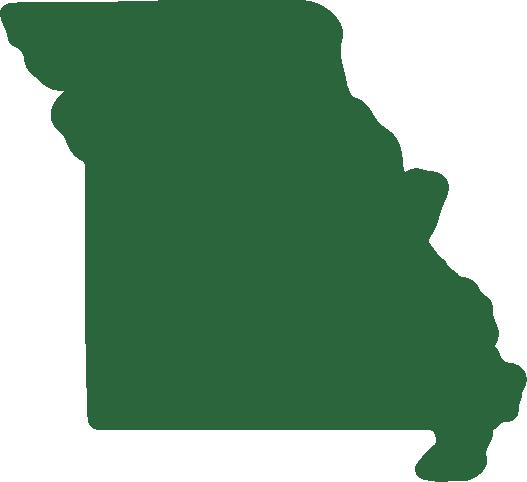
$11,309 Received for Federal PAC $6,500 Contributed from Federal PAC $79,749 Received for State PAC $40,050 Contributed from State PAC BY THE NUMBERS
Being politically active is essential, and your contribution allows you to support lawmakers who have a say on issues that impact your businesses. For the past few years, we have been offering exclusive communications to PAC supporters. In order to gain access to this newsletter, please support us with a generous gift of $10 a month or $100 annually.
Donate now at mosoy.org/pac, scan the QR code or fill out the form and return with your contribution.
Your contribution to the MoSoy PAC helps drive and achieve the MSA Vision of: Advancing and protecting the interests of Missouri soybean producers.
Name:
Occupation:
Email: Phone Number:
Mailing Address:
If by Check: Please make check payable to MSA PAC
If by Credit Card: Mastercard
Card No:
Billing Zip:
Name as it Appears on Credit Card:
Questions? Contact Ben Travlos at btravlos@mosoy.org or (573) 635-3819.
Please include slip with your contribution.
From advocating for farmers at the state and federal level to educating the public on practices and understanding the importance of agriculture in their daily lives, the Missouri Soybean Association plays a vital role in the success of our industry. As a past participant in the Grassroots Fellowship program, MSA has provided me with valuable knowledge and experience to help fight for and progress the soybean industry. I am proud to be a part of a forward-thinking organization that is helping to secure the future of the soybean industry for Missouri farmers.
Rex Meyr, District 7 Farmer
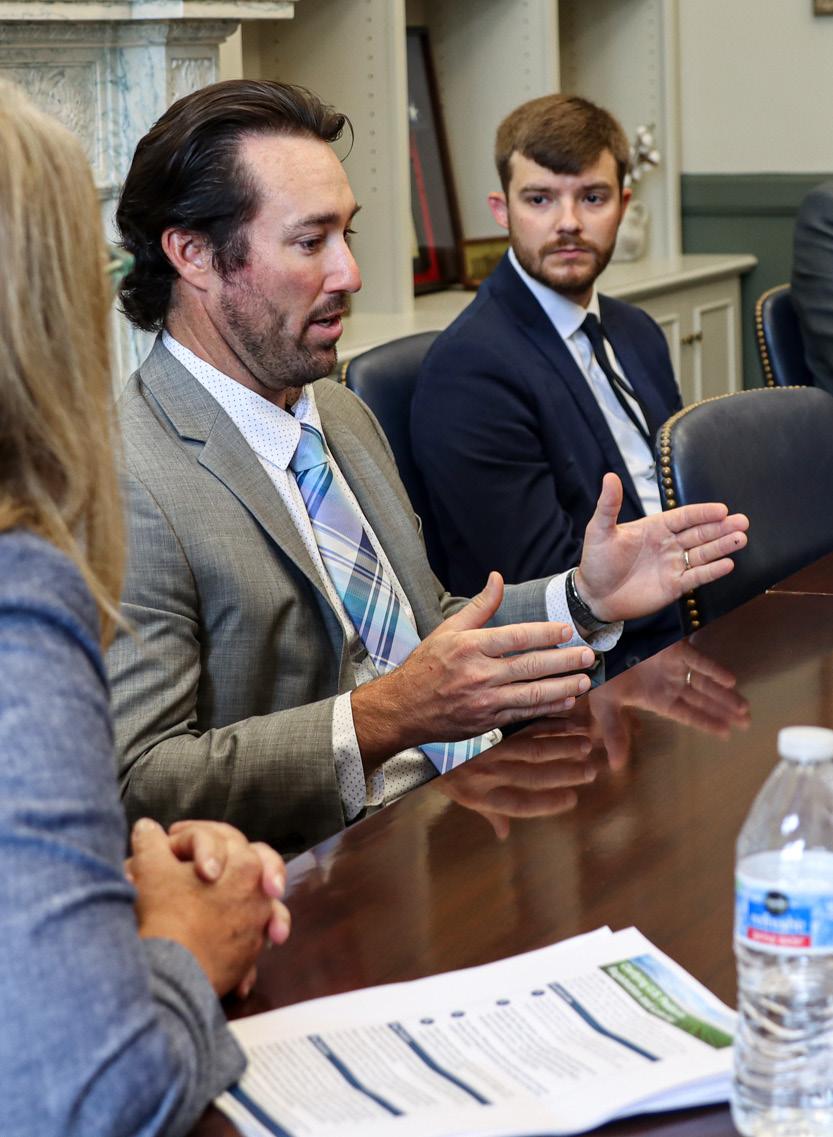
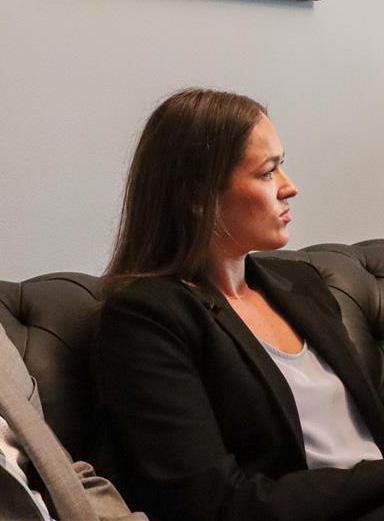
Missouri soybean producers’ dedication to growing a sustainable, quality product is championed and amplified by the Missouri Soybean Association. I’ve had the opportunity to see MSA’s impact through many lenses — as a grassroots fellowship member, in my current role bringing high-value solutions to farmers and as part of the next generation on our family farm. MSA plays a critical role in advocating for farmers through policy and legislative work, fostering strong communication within the ag industry and leading outreach efforts in communities across the state. Its work ensures Missouri farmers have a strong voice, meaningful support and a sustainable future.
Regan Ragsdale, District 5 Fellow

It's comforting knowing that MSA is dedicated to being at the forefront of strengthening the Missouri soy industry. I've seen firsthand how well MSA and MSMC work to not only protect but also enhance the industry through research and legislative action in both domestic and foreign markets. With all the commotion in the world, it's essential to have an organization like MSA to be our eyes, ears and mouth beyond the farm gate. Thanks to MSA, Missouri soybean farmers can focus on producing a quality crop knowing that we have support from field to market.
Logan Korff, District 2 Farmer
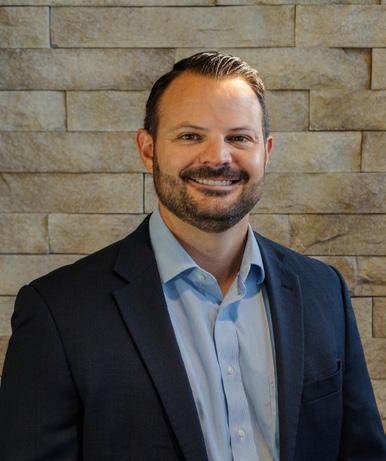
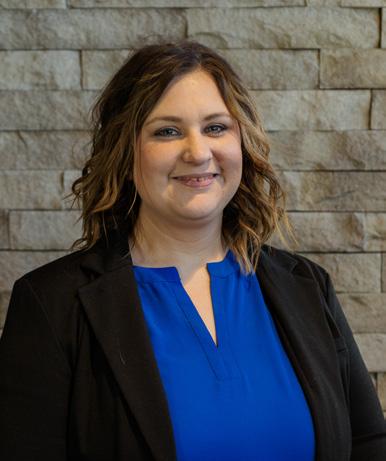

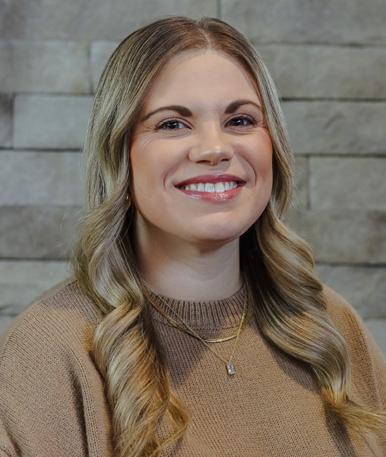



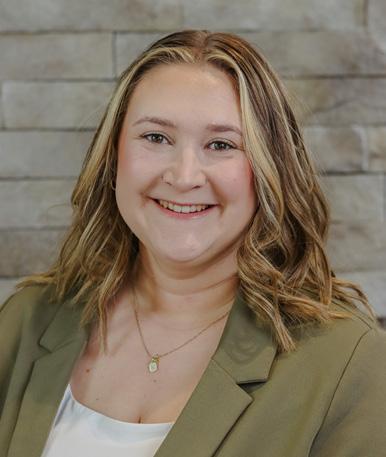
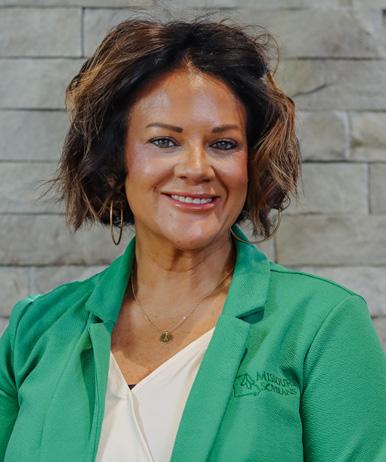

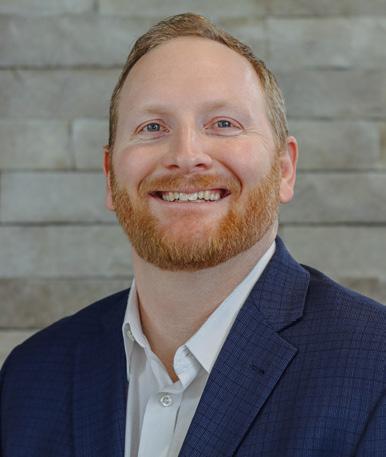
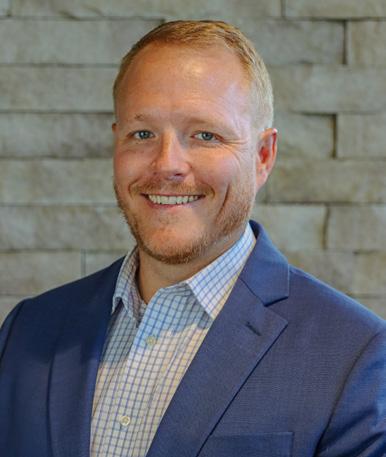
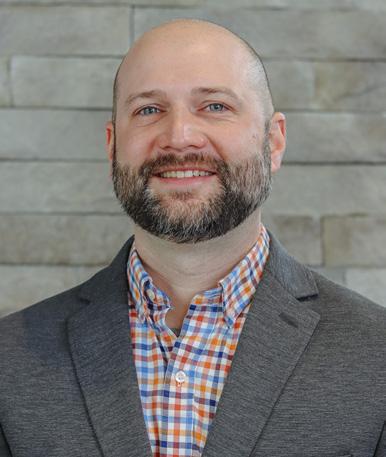

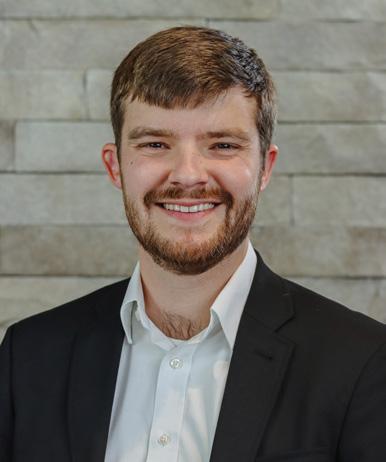
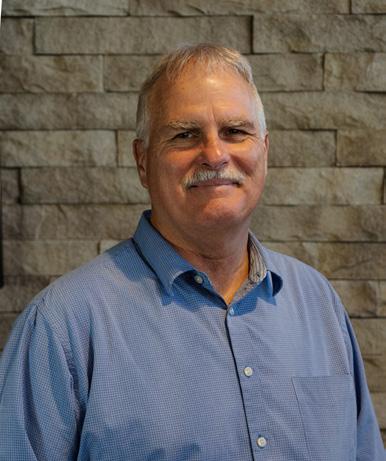
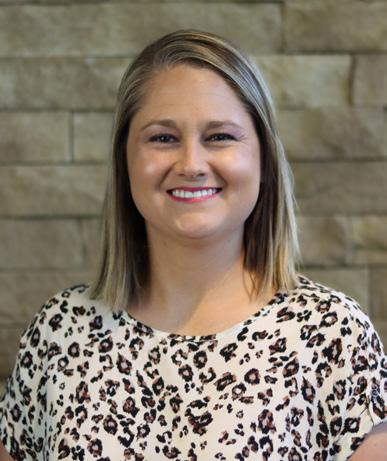
Jeff
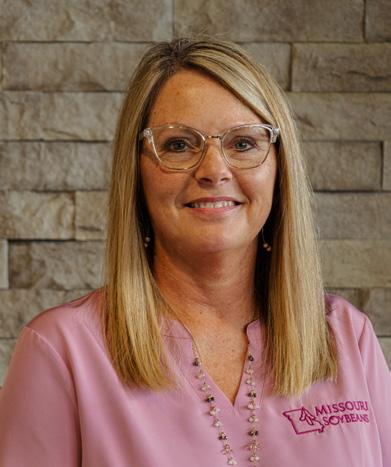
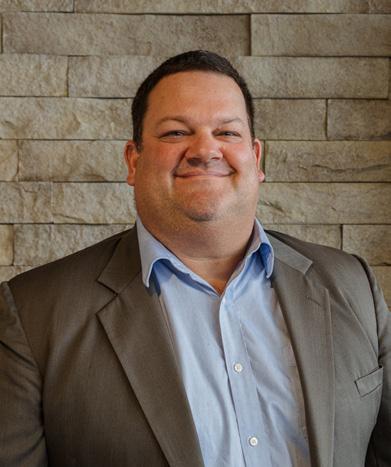

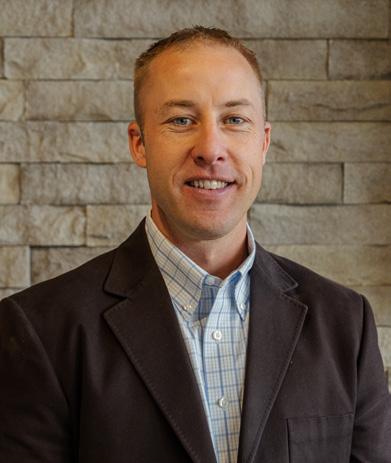
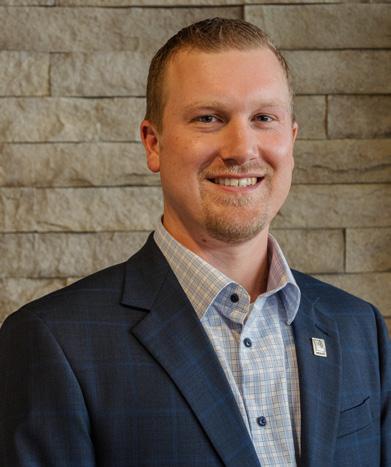

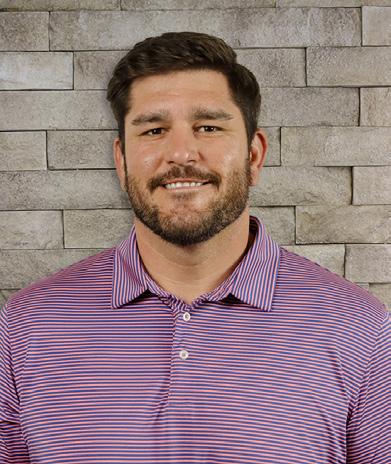

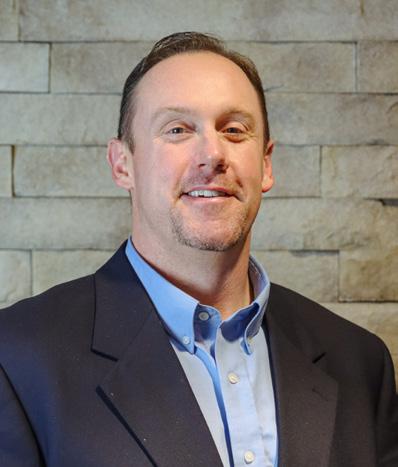

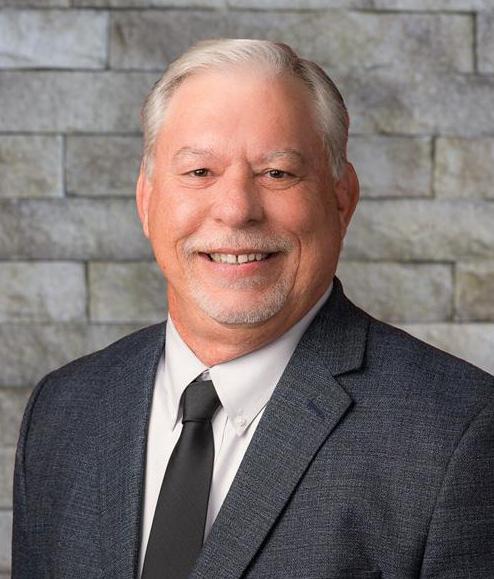
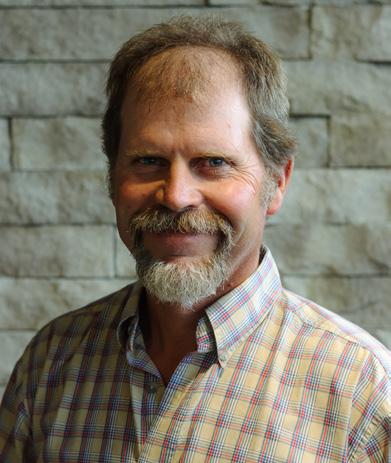

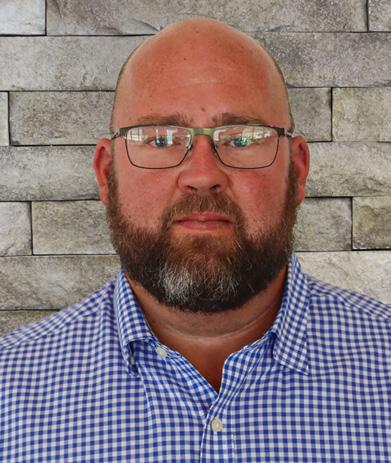
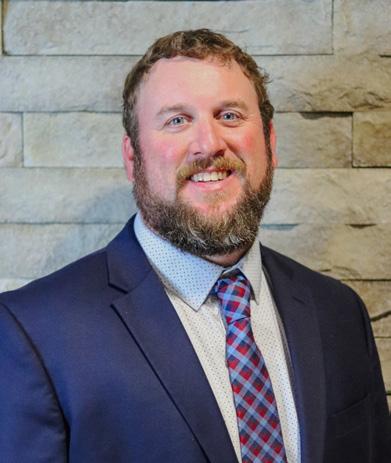
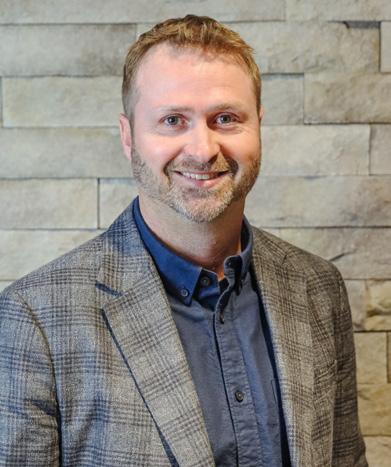
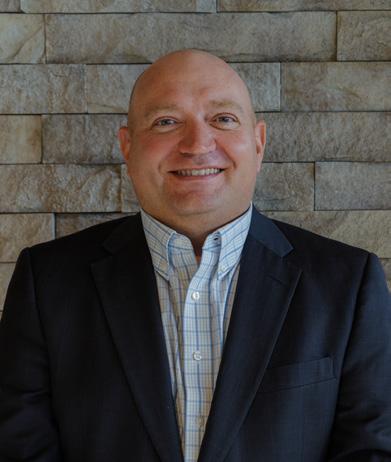
Mark Lehenbauer, Chairman
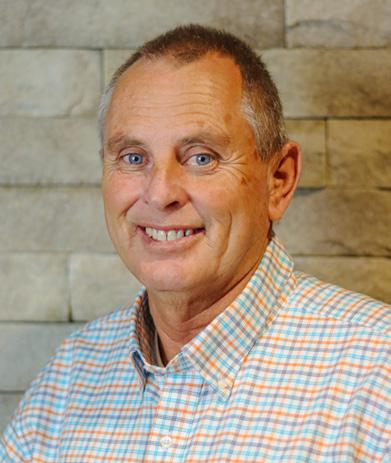
Darrell Aldrich, District 1 Director
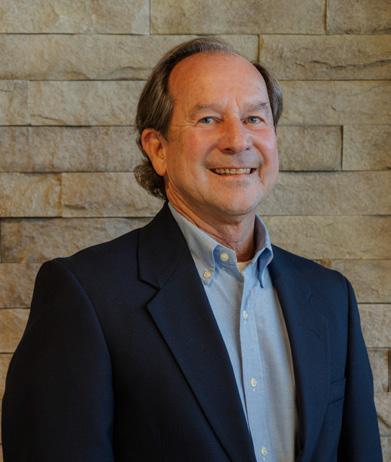
Kevin Mainord, Vice Chairman
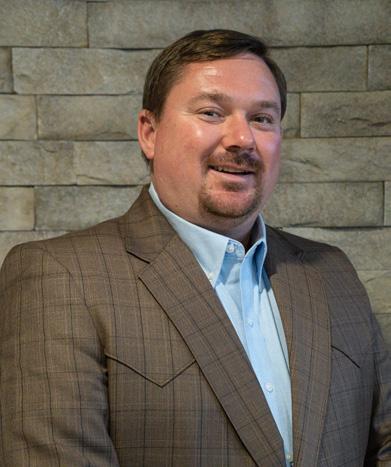
Nathan White, District 1 Director
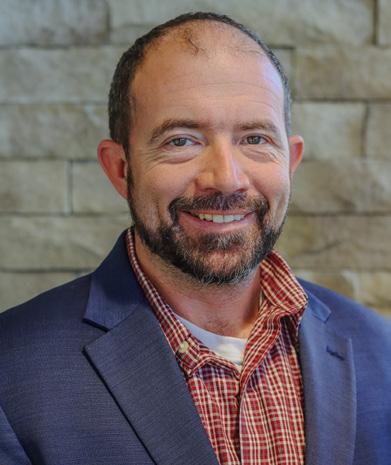
Chris Mallett, District 3 Director
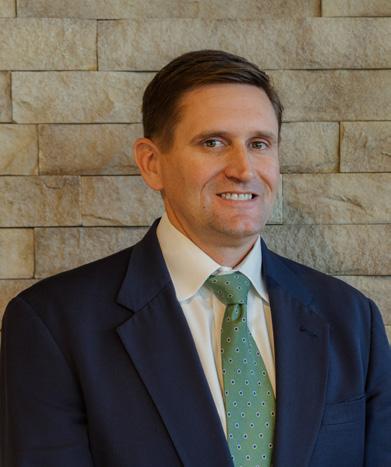
Justin Rone, Secretary/Treasurer

Marc Zell, District 2 Director
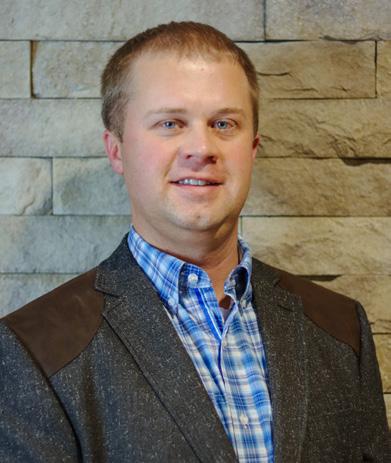
Brad Arnold, District 4 Director
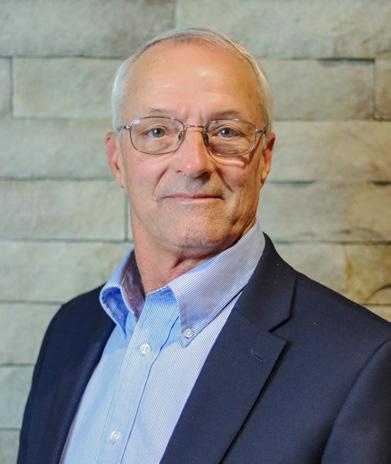
Denny Mertz, District 6 Director
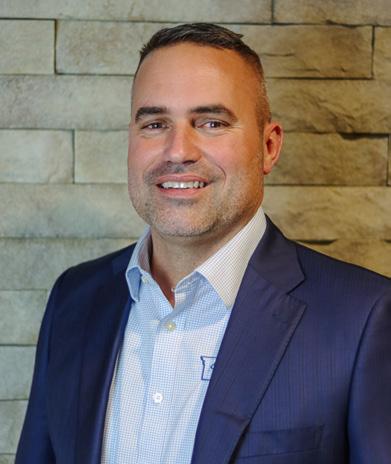
Aaron Porter, Past Chairman
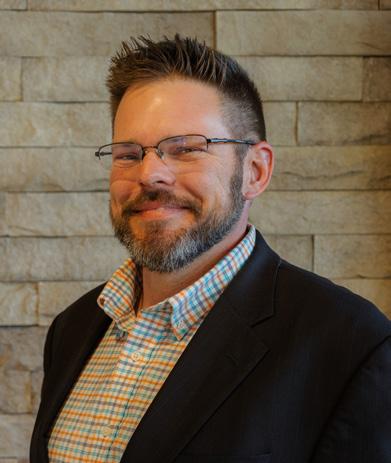
Kyle Durham, District 2 Director
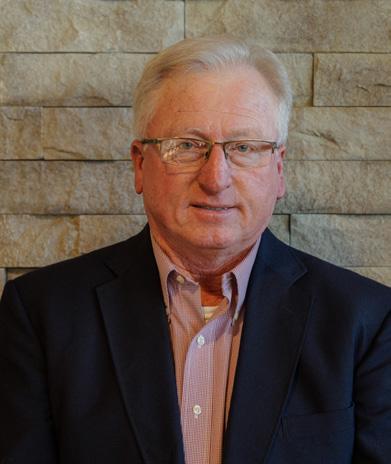
Robert Alpers, District 5 Director
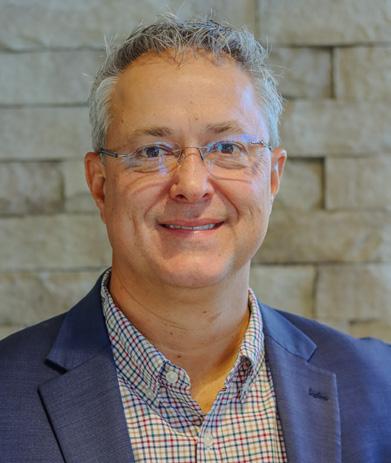
Trent Haggard, District 7 Director
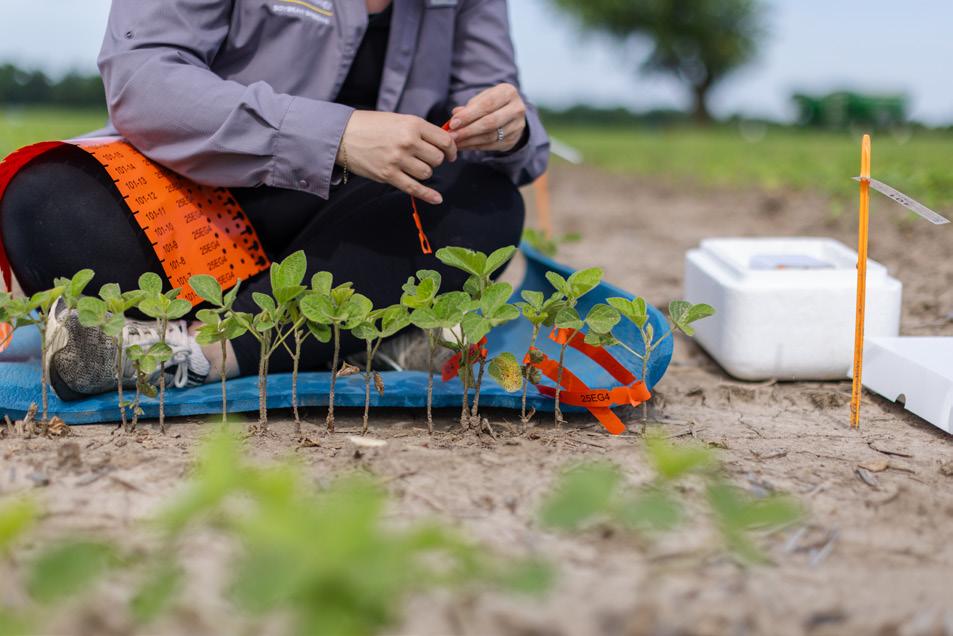
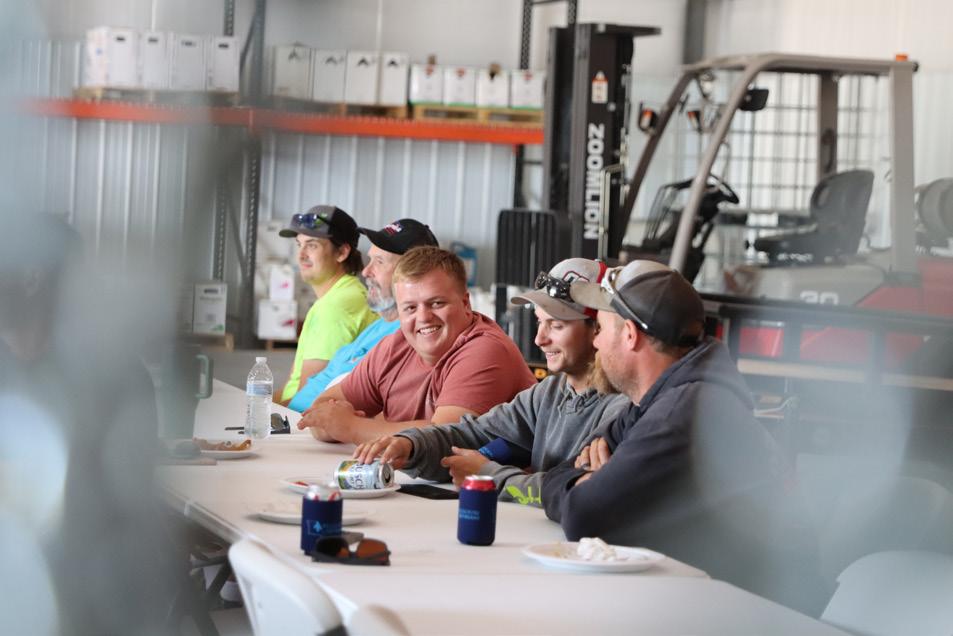
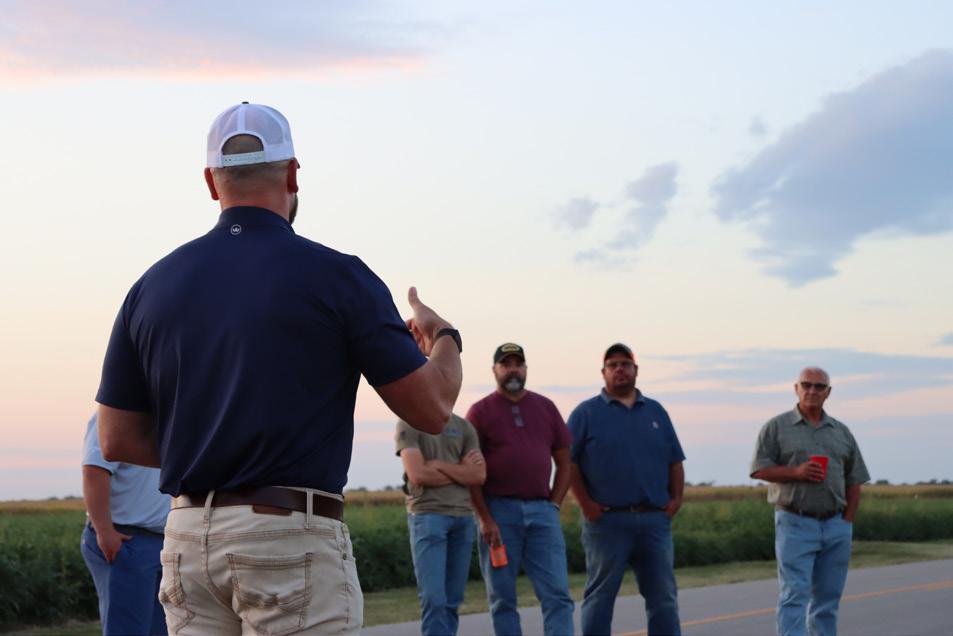
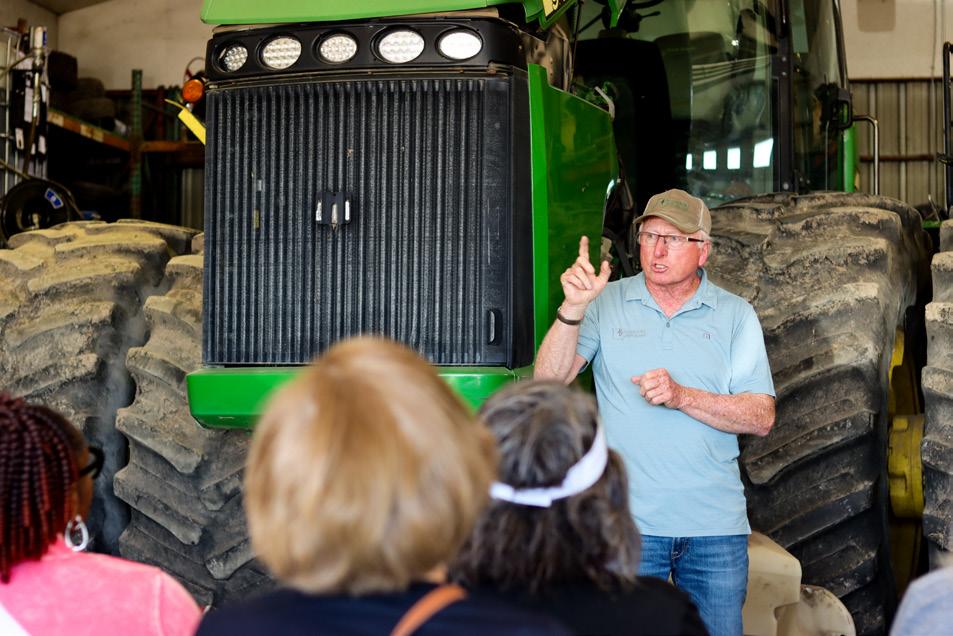


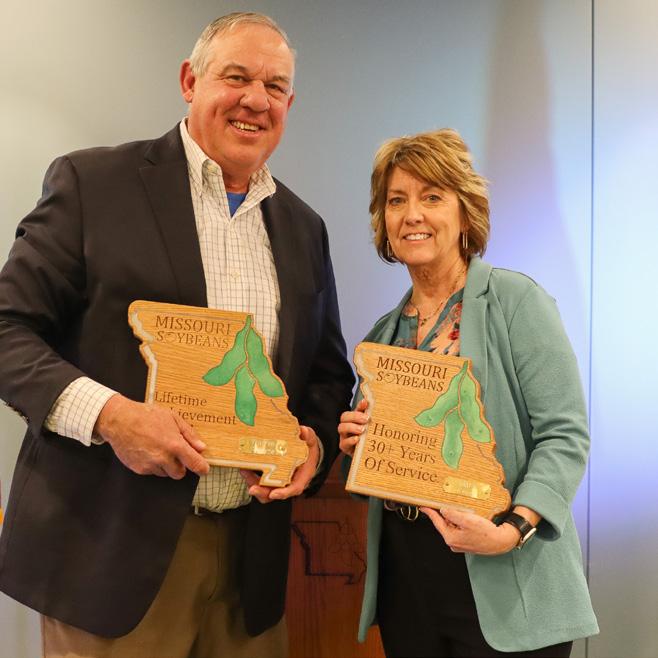
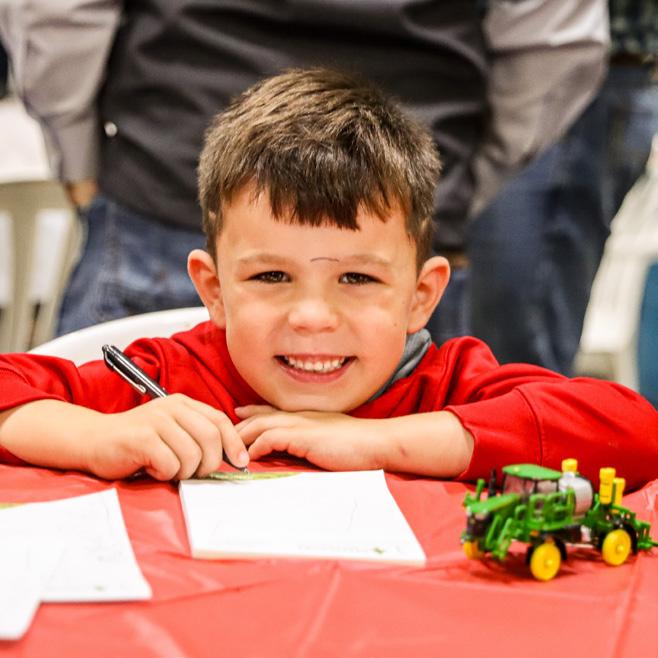
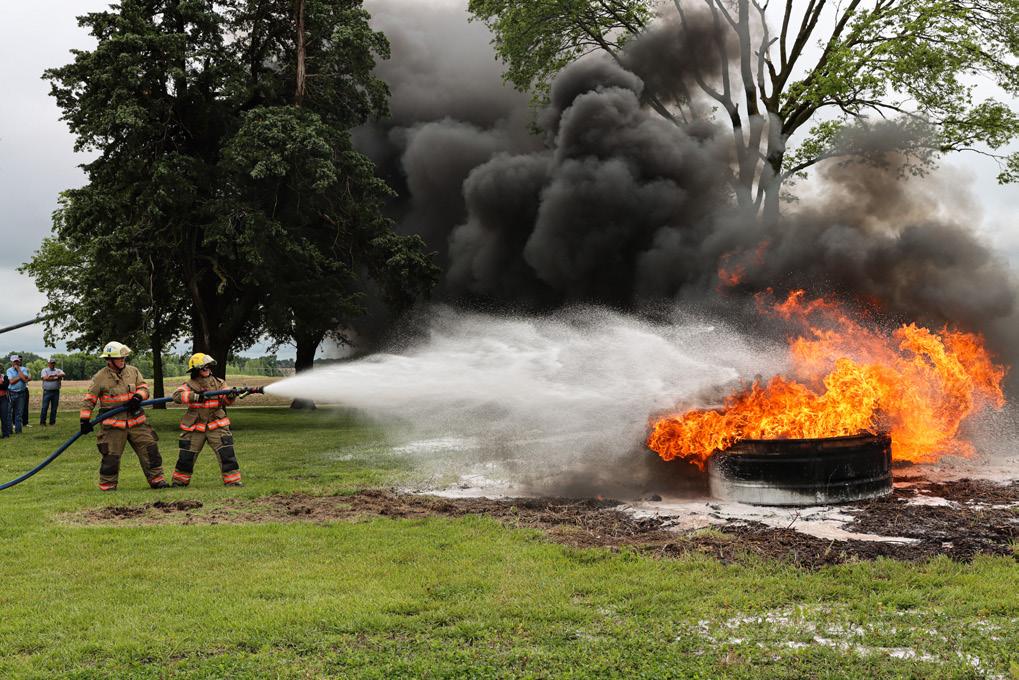
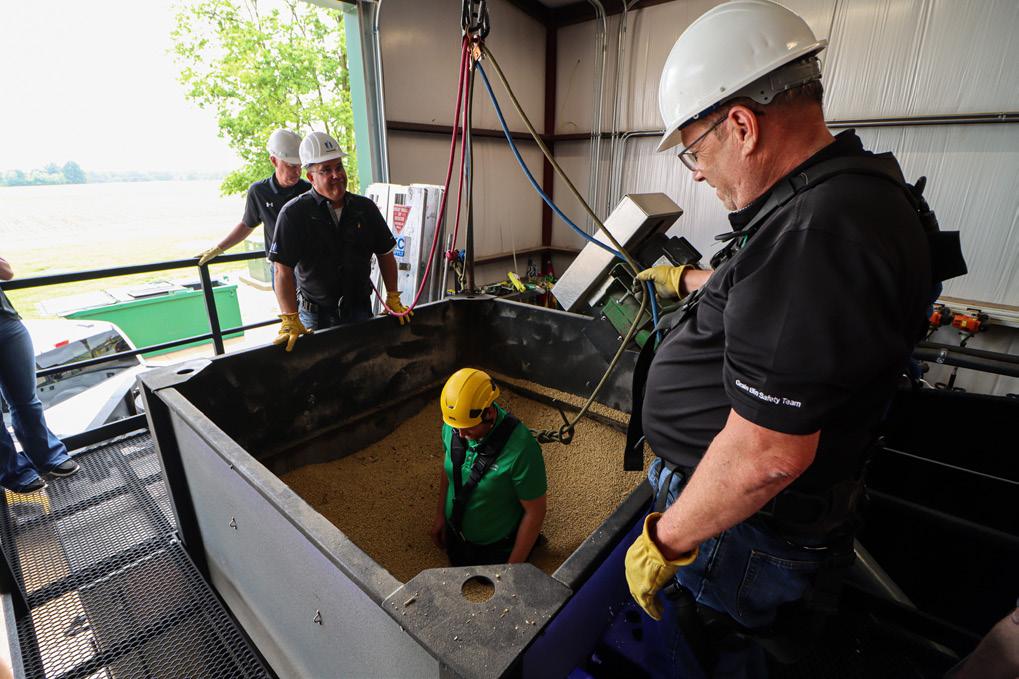
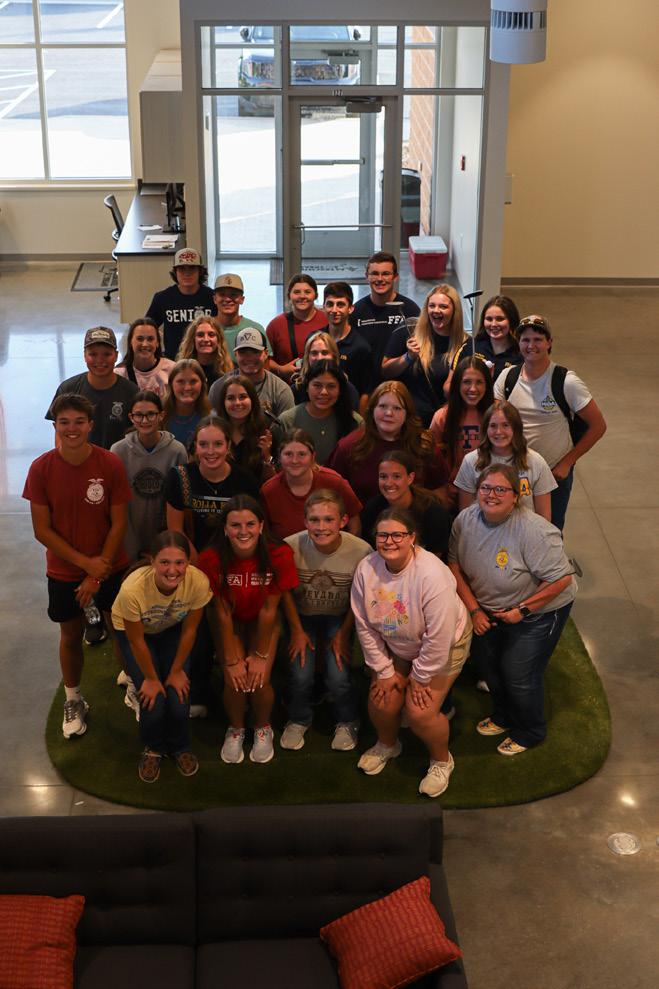
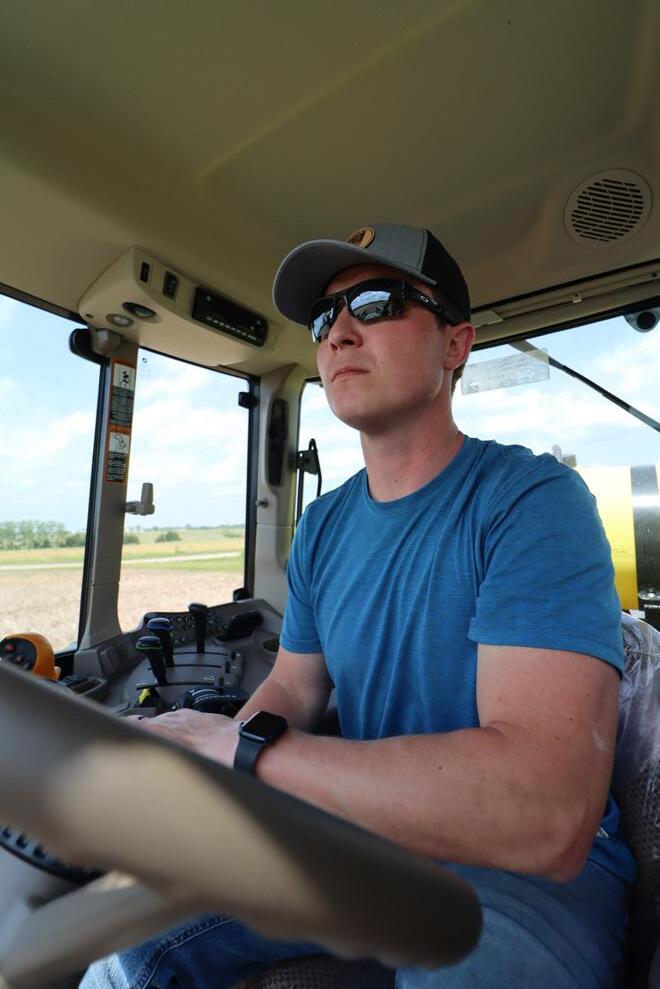
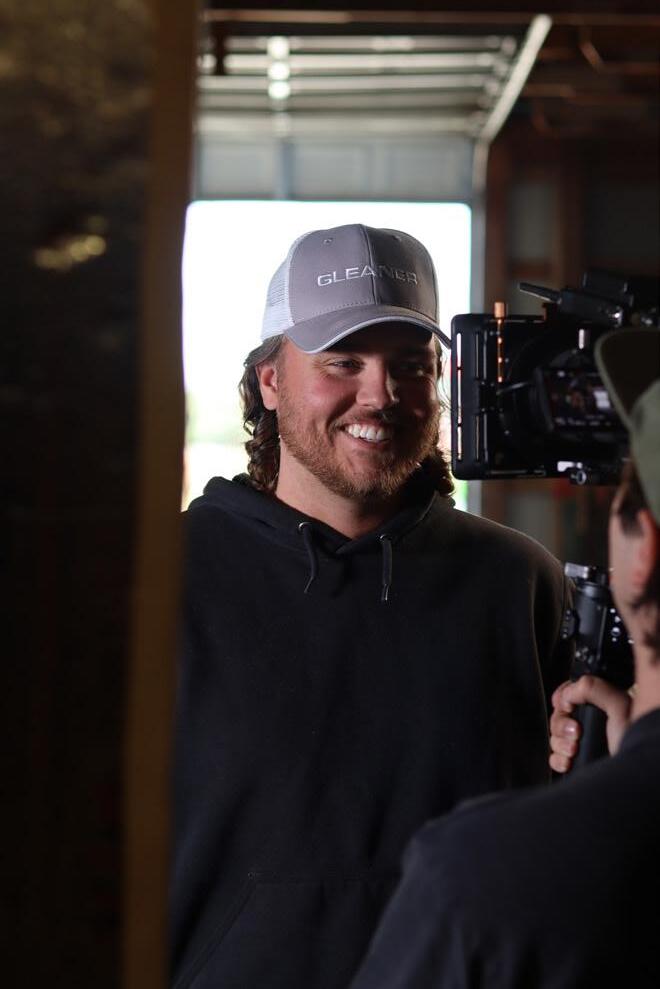


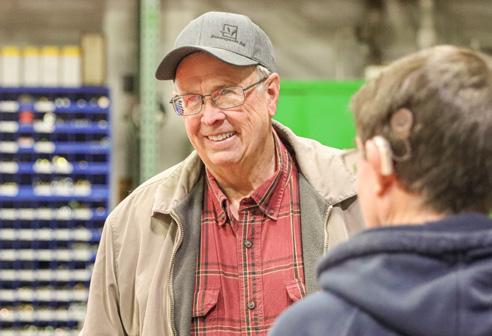
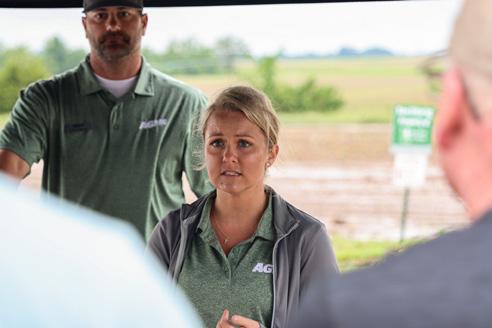
The Missouri Soybean Association has been committeed to the advancement of the soybean industry since 1966. Dedicated to improving the bottom line for soybean farmers and protecting their freedom to operate, the Missouri Soybean Association ensures farmers are heard at state, national and international levels.
While checkoff dollars are used solely for research and market promotion, your dues ensure the financial sustainability of Missouri soybean farmers by supporting and influencing legislative efforts.
MSA offers four levels of membership, ranging from farmer-member to lifetime advocate members. Check out the details of membership below or scan the QR code for more information!
Exclusive MoSoy communications
Regular Missouri policy updates
Exclusive invites to MoSoy events
5% Discount on All New & Existing CFM Policies
10% Discount to Cabela’s
5% Discount on All New & Existing CFM Policies
$100 Commodity Classic Registration Discount
ASA Soy Scholarship Eligibility
Participation in MSA Events
Regular Missouri policy updates Federal updates from the ASA
10% Discount to Cabela’s
5% Discount on All New & Existing CFM Policies
$100 Commodity Classic Registration Discount
ASA Soy Scholarship Eligibility
Participation in MSA Events
Regular Missouri policy updates Federal updates from the ASA
$50 discount on membership
10% Discount to Cabela’s
5% Discount on All New & Existing CFM Policies
$100 Commodity Classic Registration Discount
ASA Soy Scholarship Eligibility Participation in MSA Events Regular Missouri policy updates Federal updates from the ASA Lifetime Membership Sign
$2,500 Benefits Include:
10% Discount to Cabela’s
5% Discount on All New & Existing CFM Policies
$100 Commodity Classic Registration Discount
ASA Soy Scholarship Eligibility
Participation in MSA Events
Regular Missouri policy updates Federal updates from the ASA Corporate Membership Sign
1/4 Page Magazine Ad
eNewsletter Ad
20 Team Members
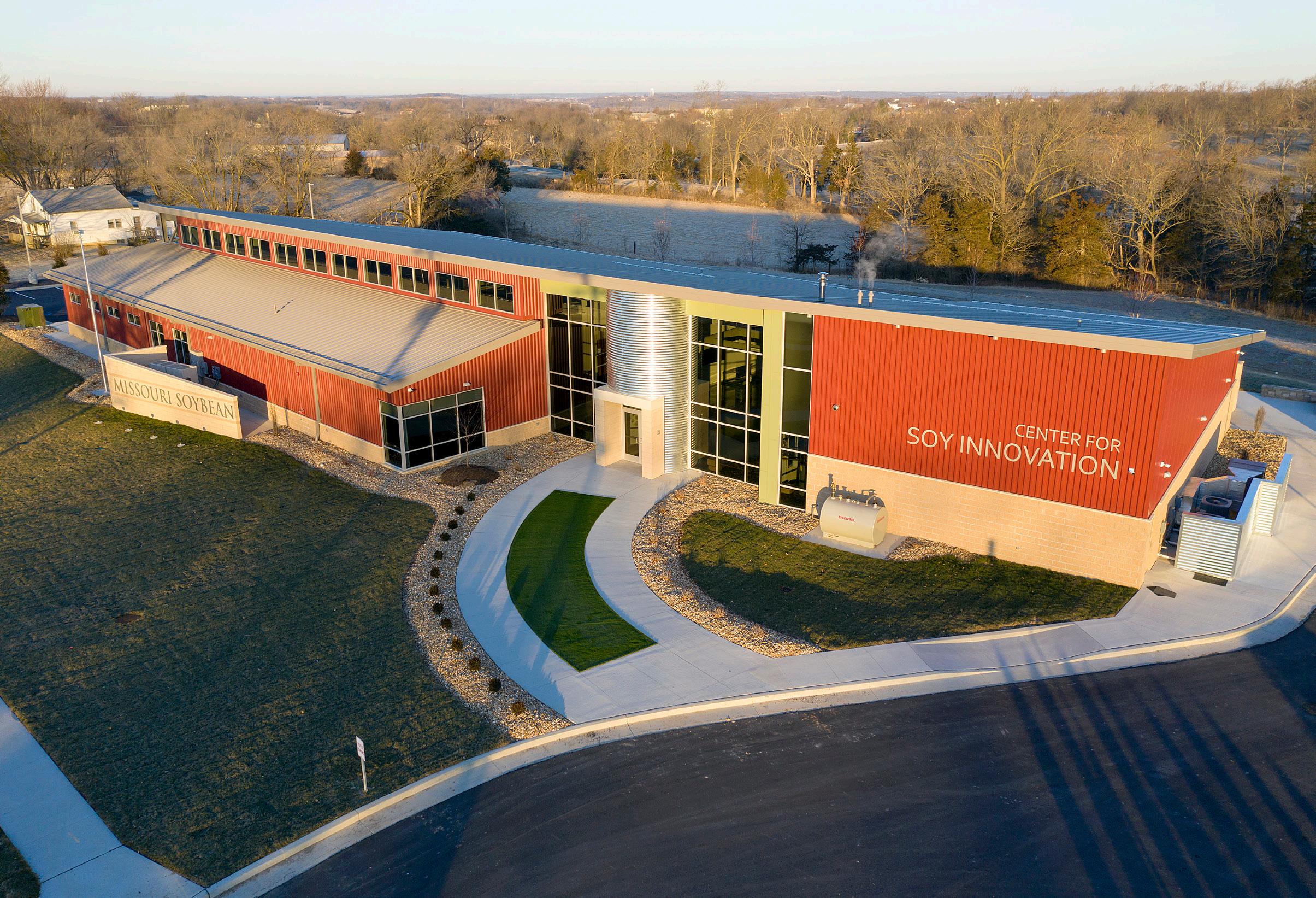
The Center for Soy Innovation makes the latest and greatest from soybean farmers an experience for the whole family.

Hands-On Educational Exhibits for All Ages

Sustainable & Soy-based Building Materials

Water Quality Management & Biodiesel Heating Technology

Bioretention Basin

50+ Species of Native Grasses and Flowers

Schedule Your Visit
Mission
We are committed to serving the Missouri soybean farmer through soybean demand growth, innovative research and proactive education.
Vision
Empowering Missouri Soybean farmers: achieving more together.
Mission
Empowering Missouri soybean farmers through legislative advocacy, outreach, and innovation to achieve prosperity and freedom to operate.
Vision
Be the effective voice for Missouri soybean farmers.


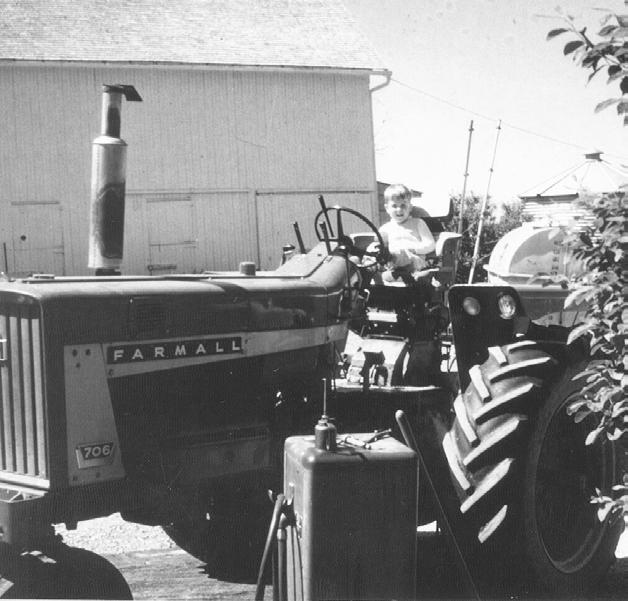
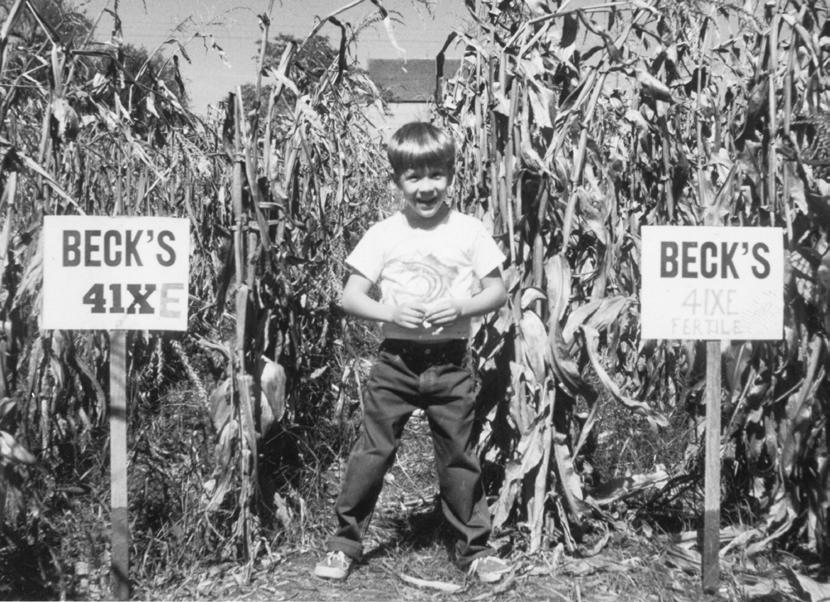
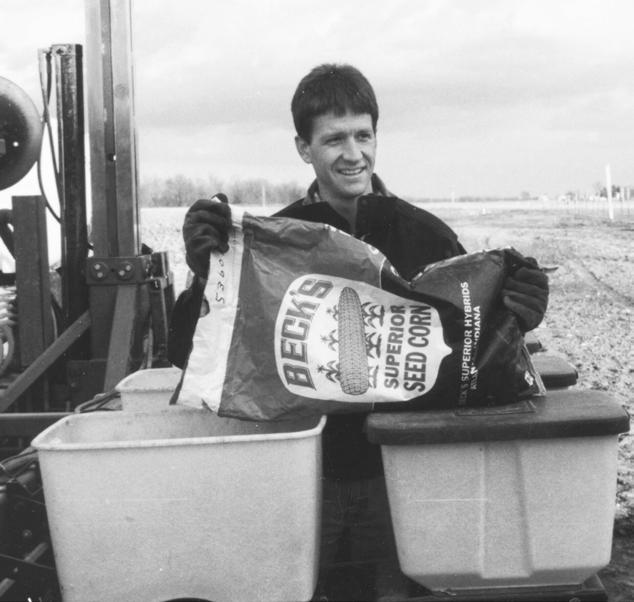
A legacy of faith. A tradition of farming. A future rooted in both.